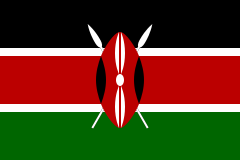
Visa and entry requirements Kenya:
Passport required
A visa is required for German citizens.
Visas can be applied for at Kenyan embassies or online. In addition, visas will continue to be issued upon entry at the official border stations, for example at Nairobi and Mombasa airports.
Visa cost: 51 USD
Information from the Foreign Office about your trip to Kenya:
https://www.auswaertiges-amt.de/de/keniasicherheit/208058
Kenya is a country in East Africa with around 49 million inhabitants. The country borders Tanzania to the south, Uganda to the west, Somalia to the northeast, Ethiopia to the north, South Sudan to the northwest and the Indian Ocean to the southeast. The country's two official languages are Swahili and English and the official national currency is the Kenyan shilling, where 1 euro is equivalent to around 123 KES. The country's largest cities include Nairobi, Mombasa, Nakuru, Kisumu, Eldoret, Ruiru, Kikuyu, Thika, Karuri and Garissa. Around 84% of Kenya's population profess the Christian faith.
Central Kenya is crossed by a highland, the highest point of which is the Batian in the Mount Kenya massif with a height of 5,199 meters. There are a number of national parks in Kenya that are of great tourist importance, such as the Tsavo National Park, the Masai Mara and the national park in Nairobi. In these parks you can marvel at Kenya's impressive wildlife, including wildebeest, elephants, giraffes, zebras, antelopes, buffaloes, rhinos, jackals, lions, leopards, cheetahs, panthers, hyenas, bush pigs, gazelles, impalas and ostriches.
Well over half of Kenyans live from agriculture, although only around 21% of the national territory is usable. The main crops grown are coffee, tea, sisal and wheat. Corn, barley, rice, sugar cane, beans, pineapples, roses and cotton. Kenya has only small amounts of mineral resources, such as salt, gypsum, lead, gold, sodium carbonate, copper, silver, asbestos, limestone and graphite. The country's main export goods are coffee and tea, products from mechanical and vehicle construction, textiles and clothing as well as food and beverage products. In recent years, coffee exports have become increasingly less important and have been replaced by the flower industry. The state of Kenya is now the largest flower exporter in the world and has a market share of 37% in the European flower market.
Tourism also plays a very important role for Kenya. The country's tourist attractions are the large national parks and wildlife reserves, the beautiful coastal areas with the white beaches and the long coral reef around Mombasa, the vast savannahs with their big game animals, the snow-capped peaks for skiers and mountaineers, the desert and the jungle in the tropical rainforest.
The capital and by far the largest city in Kenya is Nairobi with around 3.3 million inhabitants. The city lies at an average altitude of 1,624 meters and is one of the highest capitals in Africa. Nairobi is the economic, political and communication center of Kenya. Approximately 62% of Nairobi's urban area consists of slums or slums.
The city's significant attractions include the City Hall, the National Museum, the Nairobi National Park just 7 kilometers from the city center, the Langatta Giraffe Center, the Karen Blixen Museum, the Elephant Orphanage, the All Saints Cathedral, the Kenyatta Conference Center as well the Jamia Mosque.
So far I have visited Nairobi in Kenya three times, the last time in April 2017. The city center looks quite European and is quite modern, while the surrounding slums seem very striking upon arrival. A visit to Nairobi National Park is definitely worth it. Otherwise, for me, there are more beautiful African cities than Nairobi.

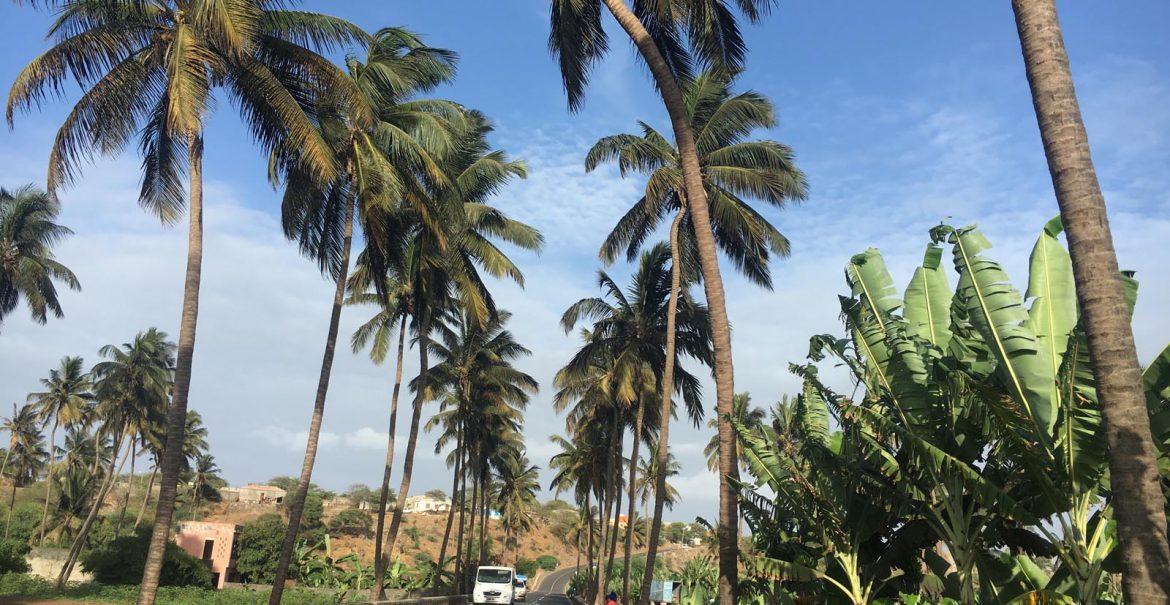
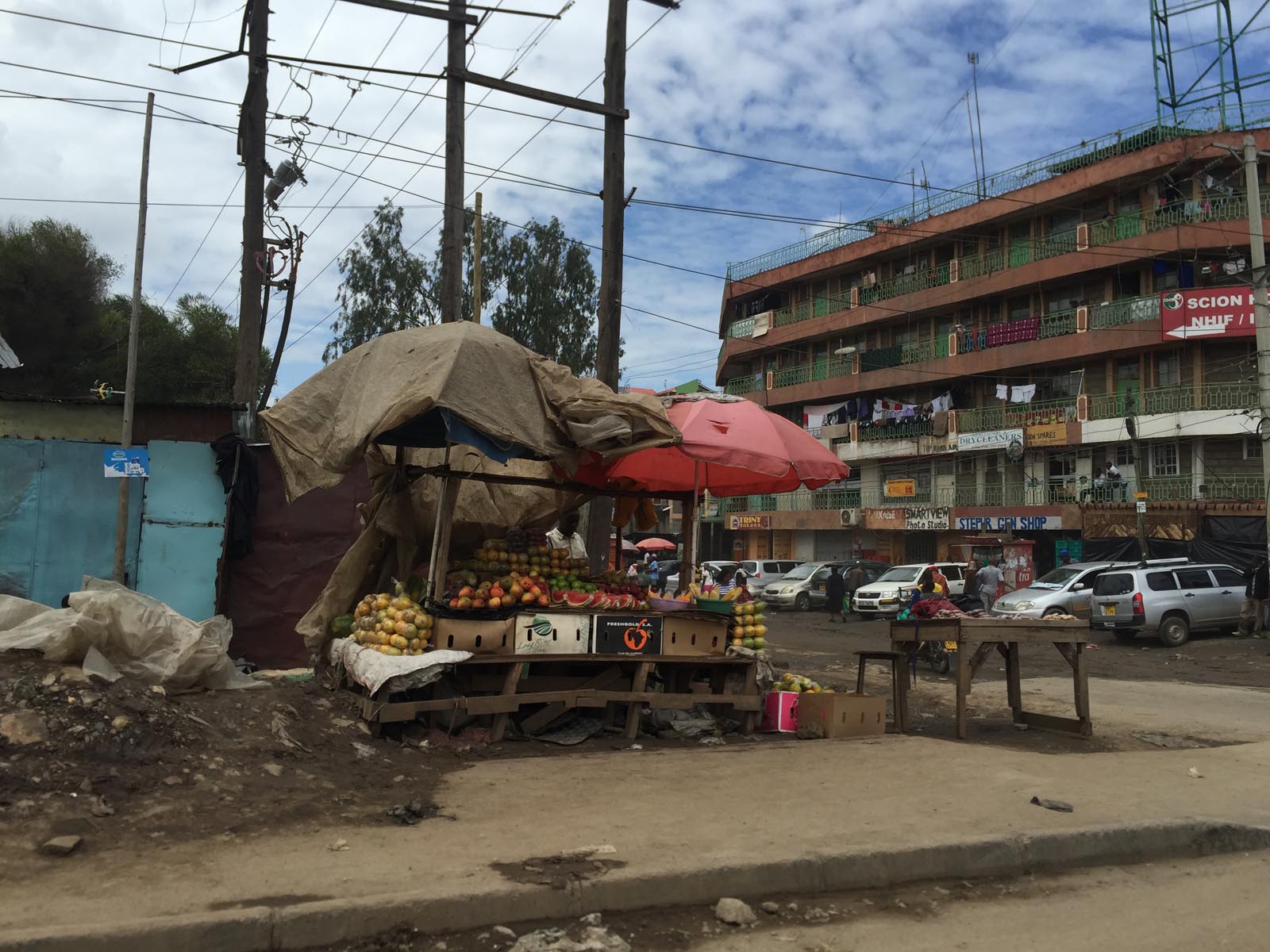

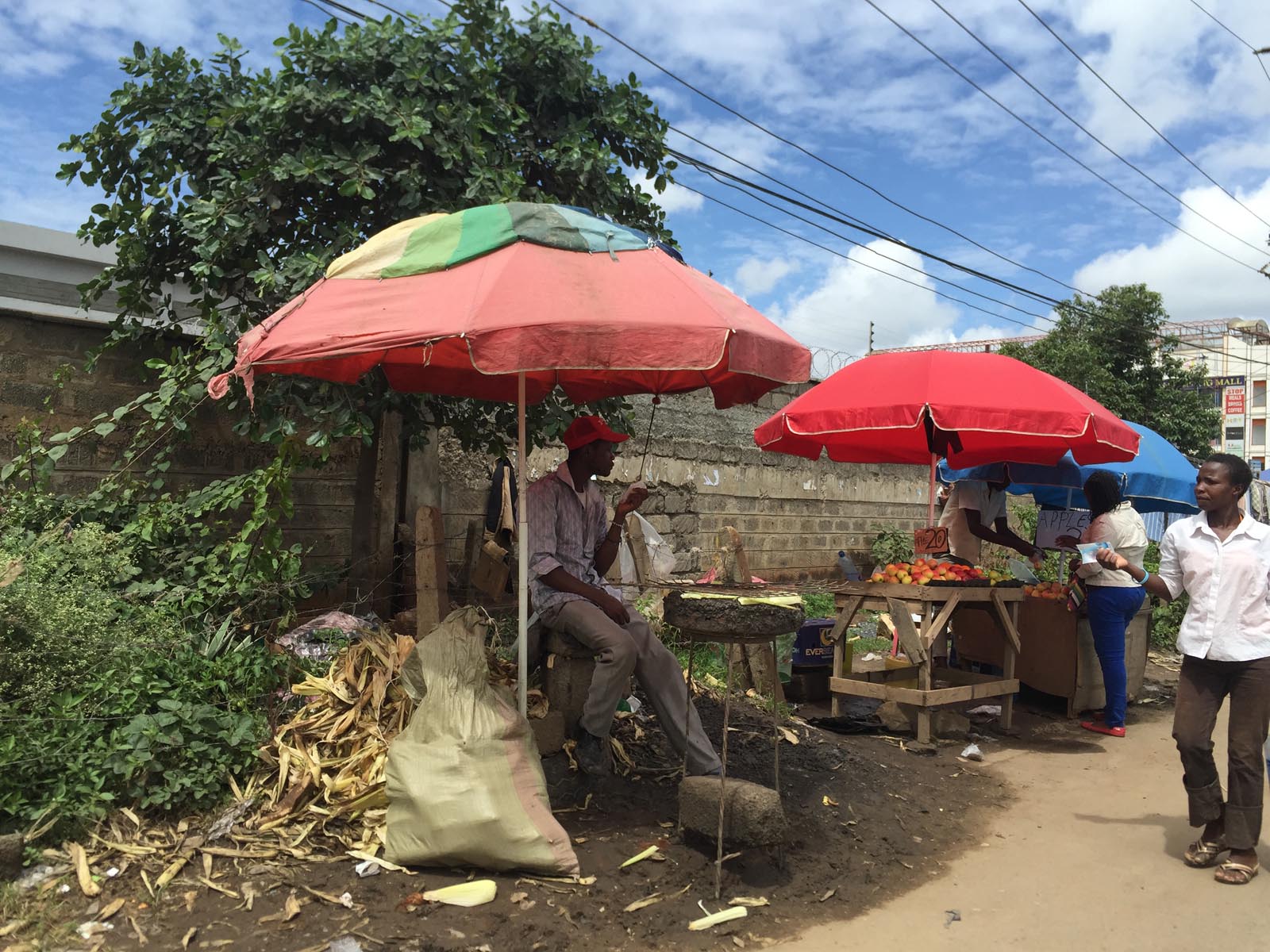
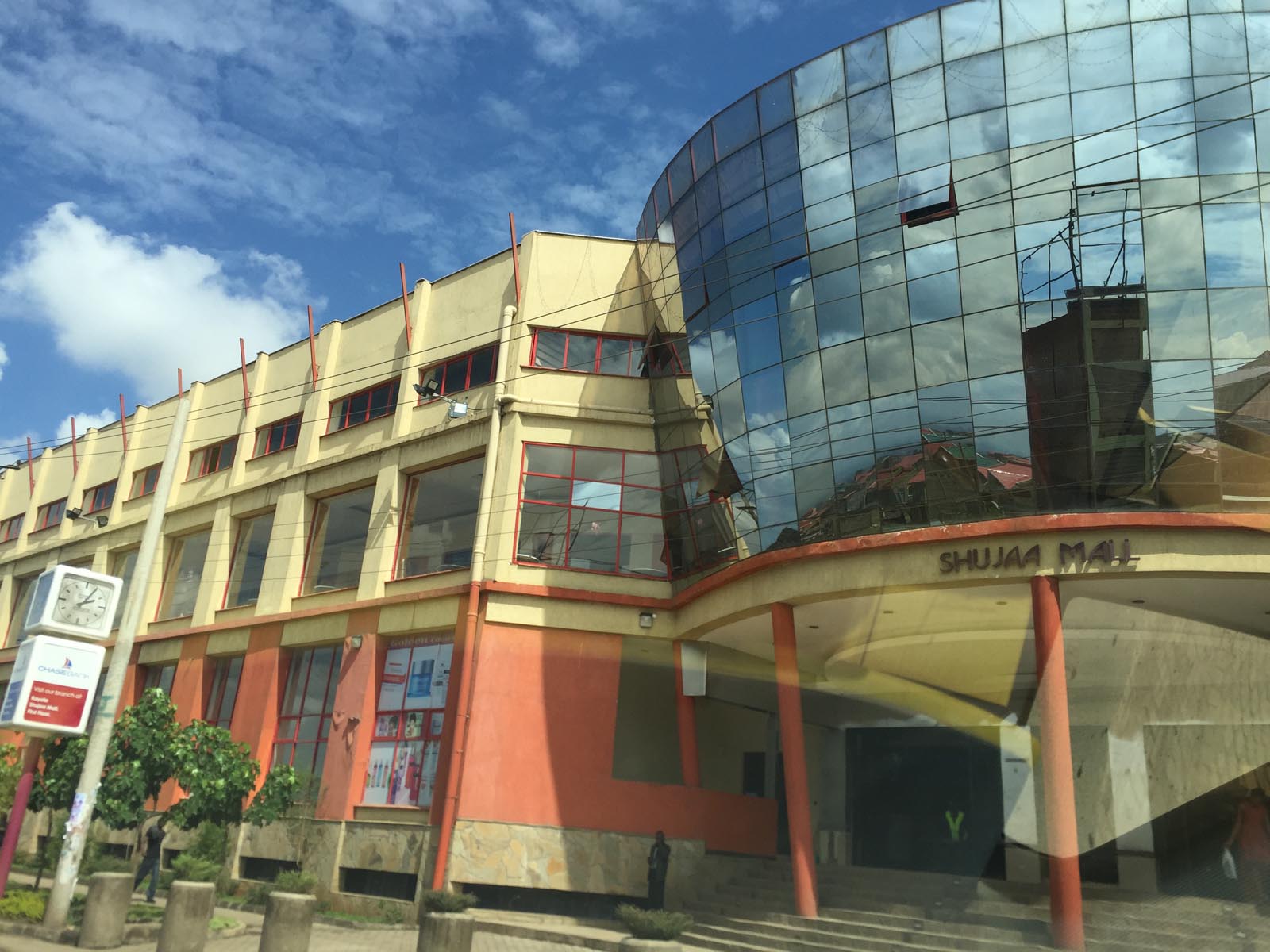
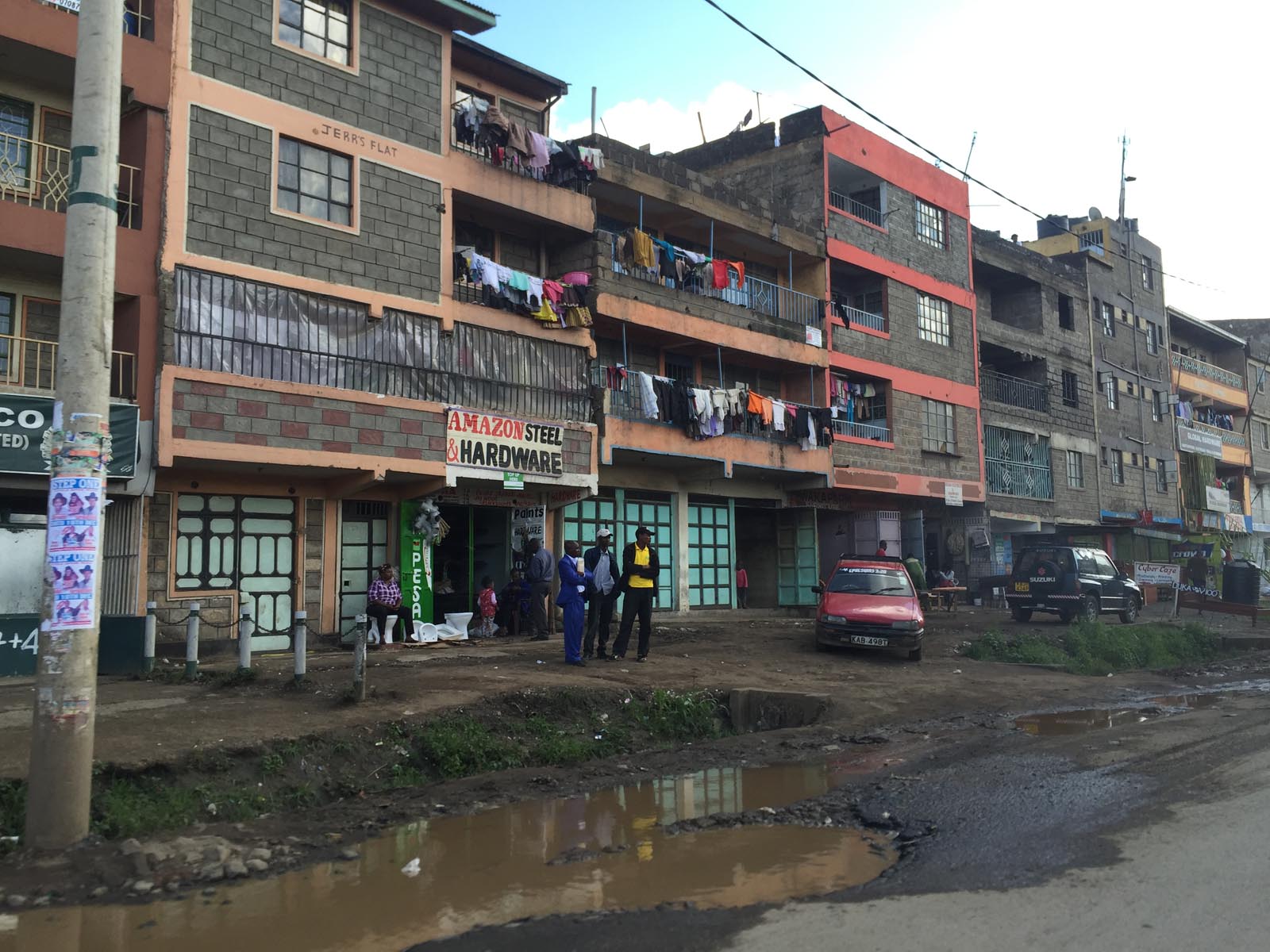
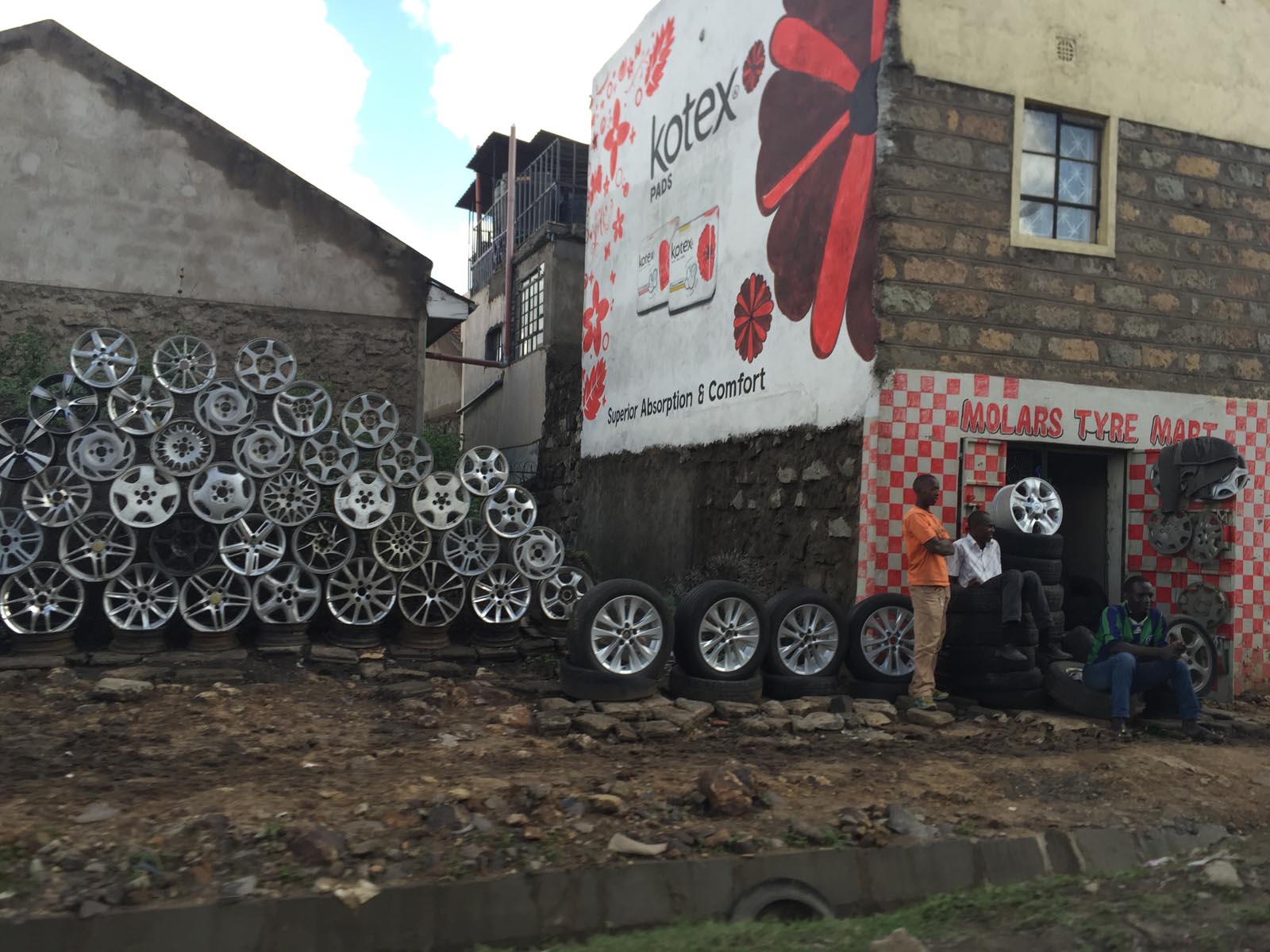

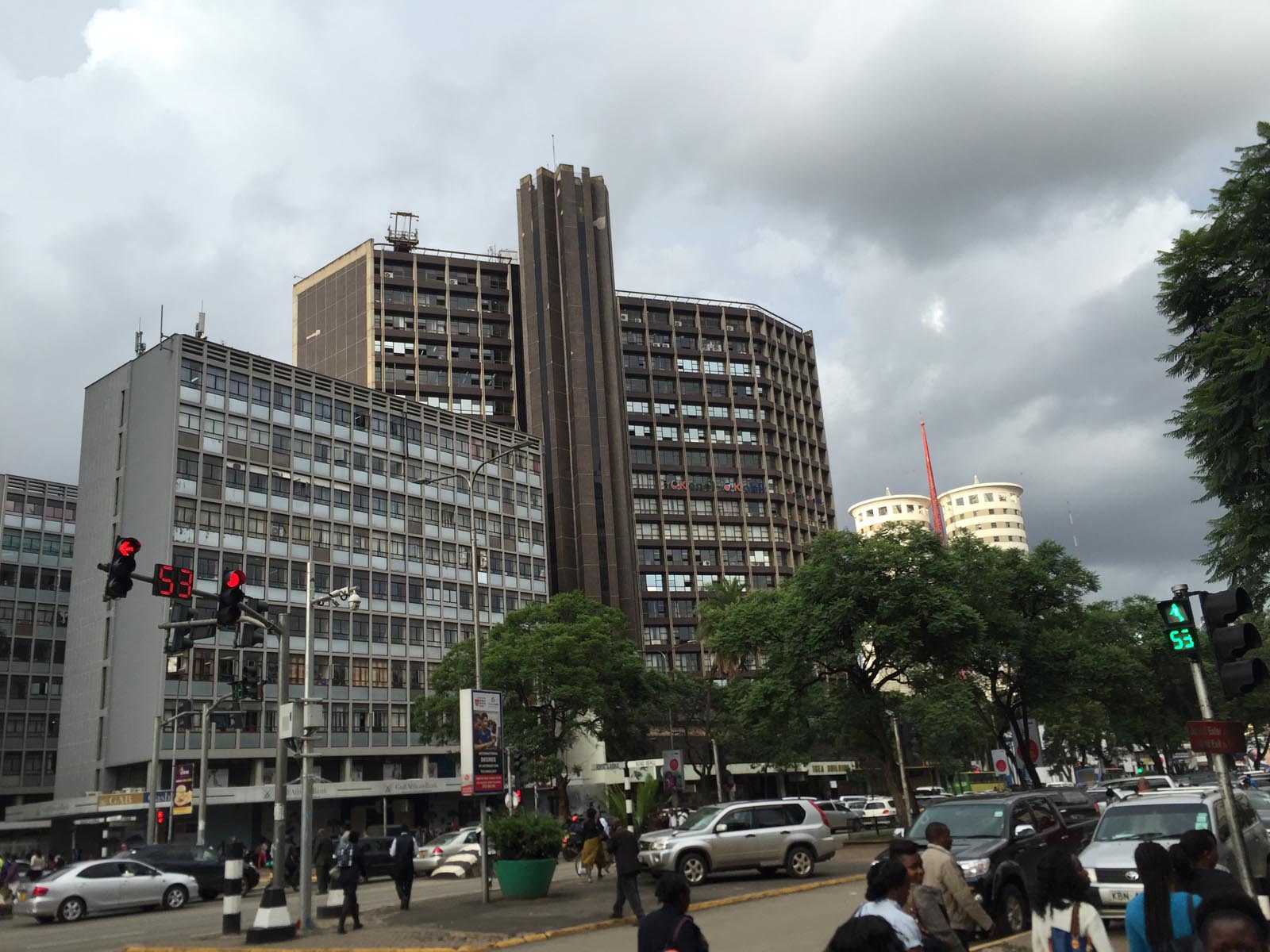
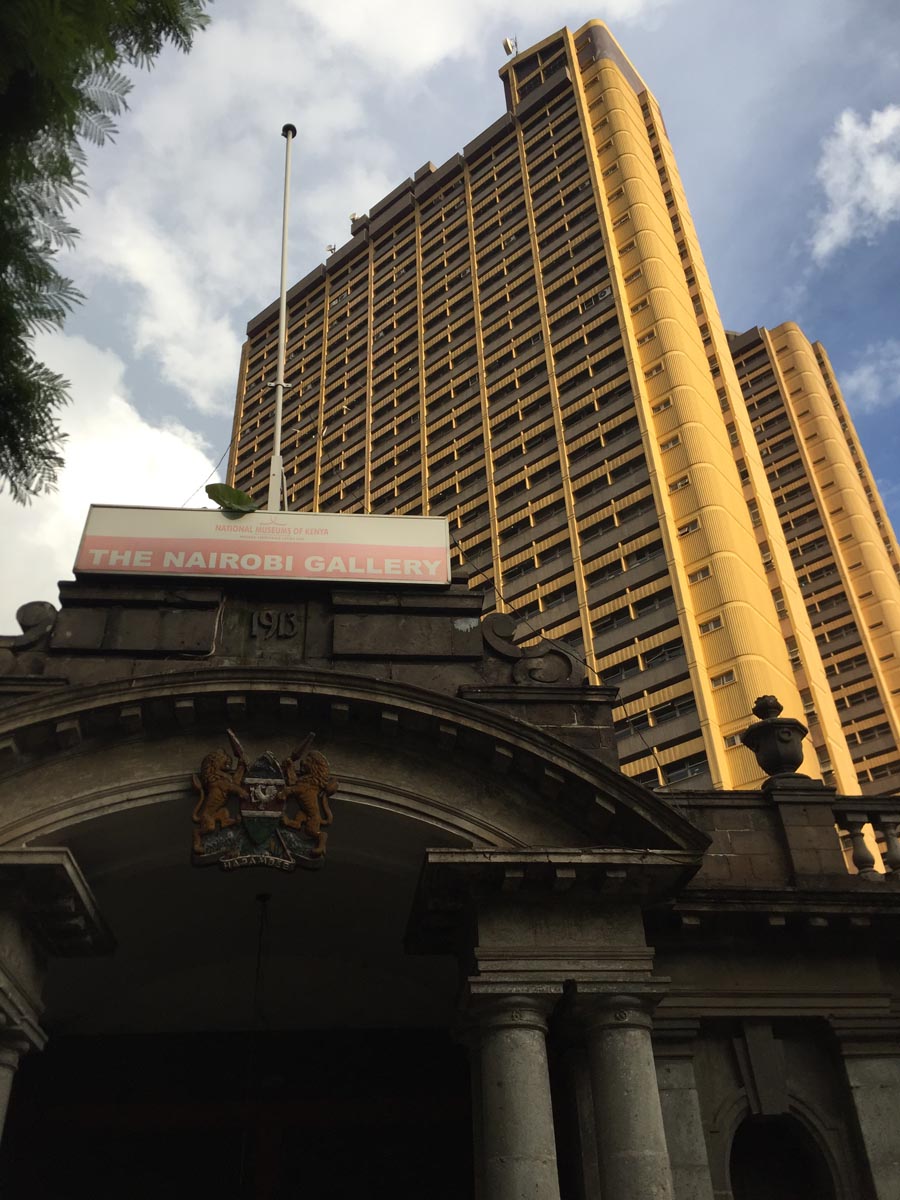
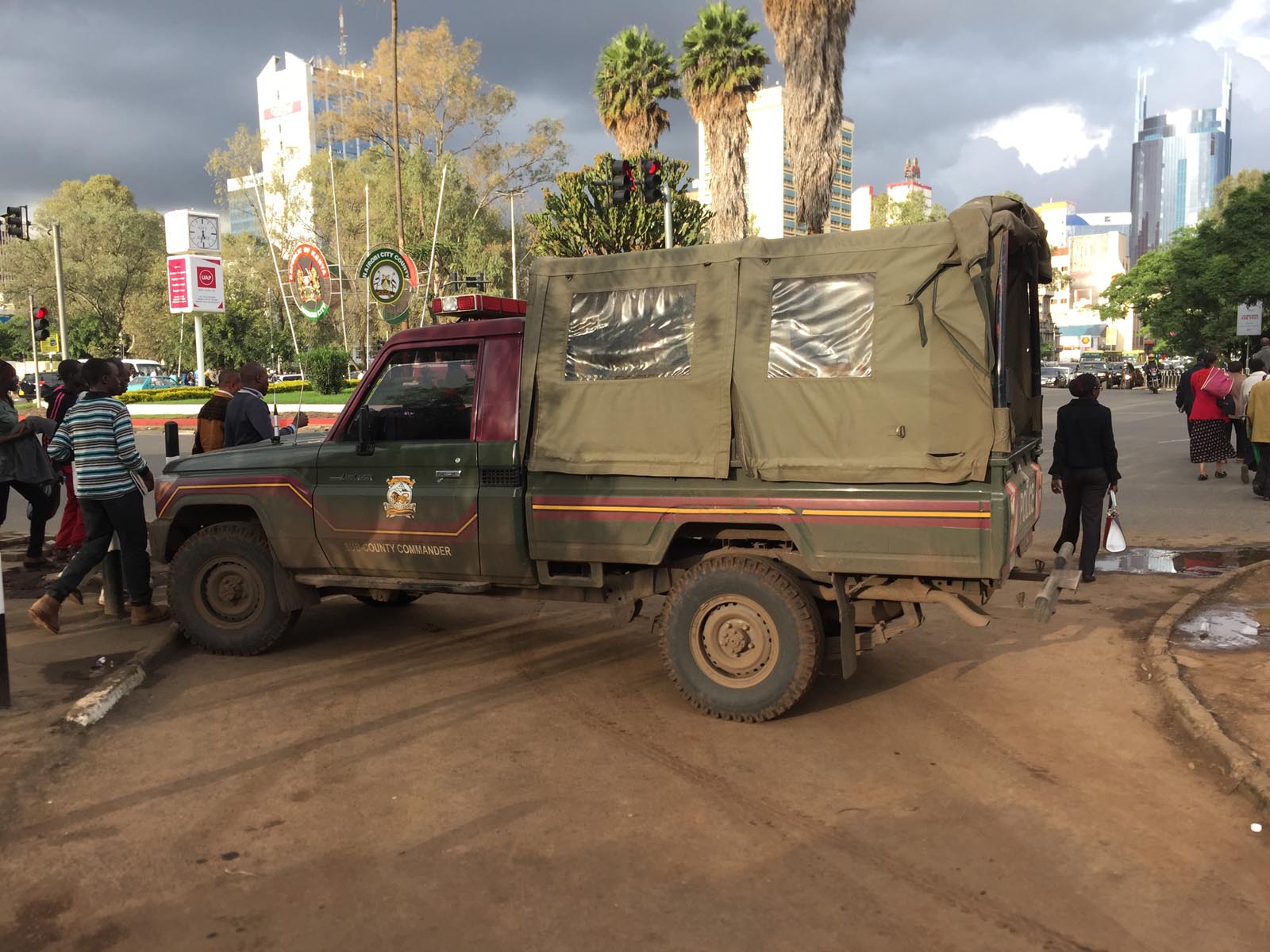

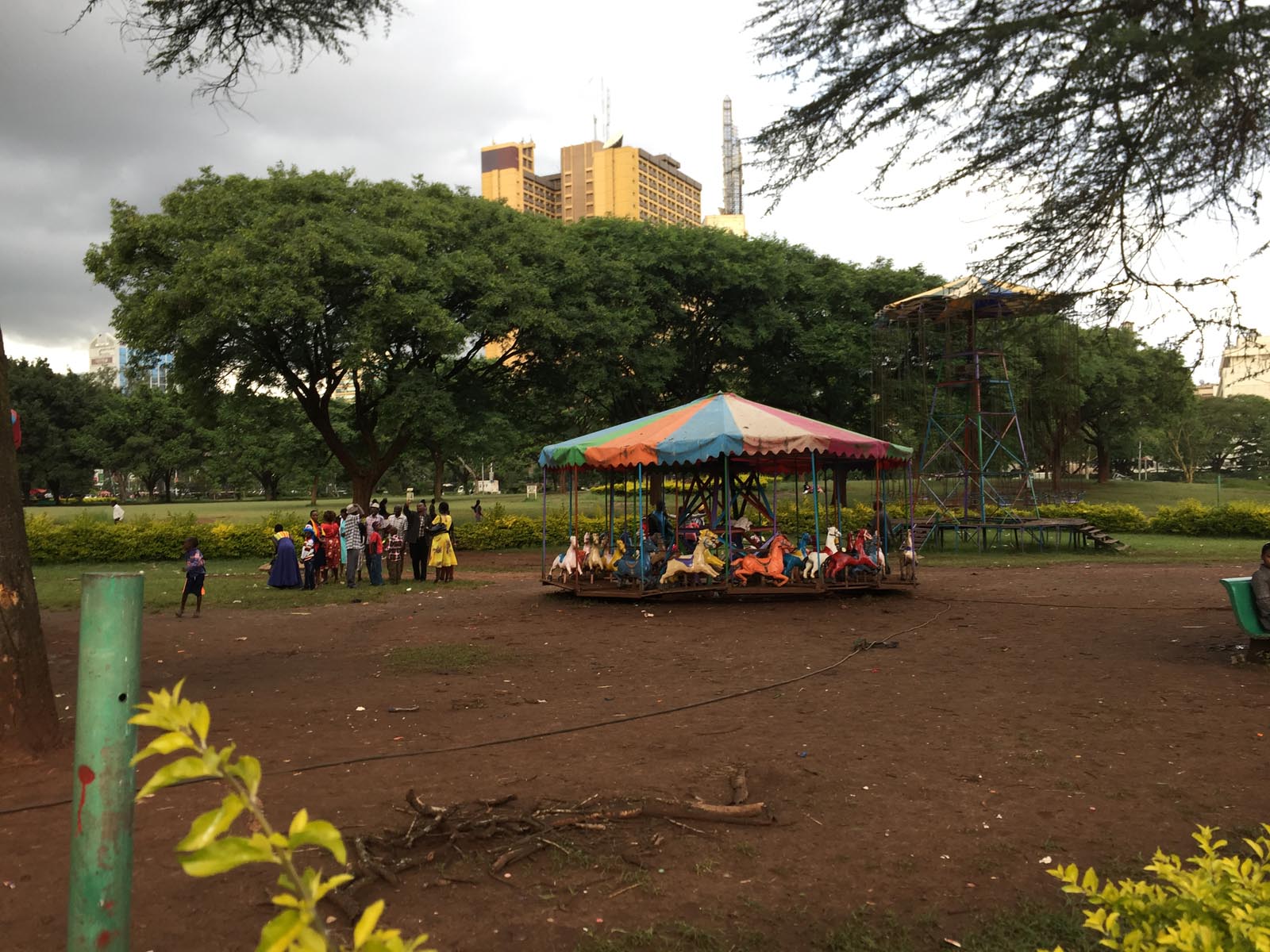
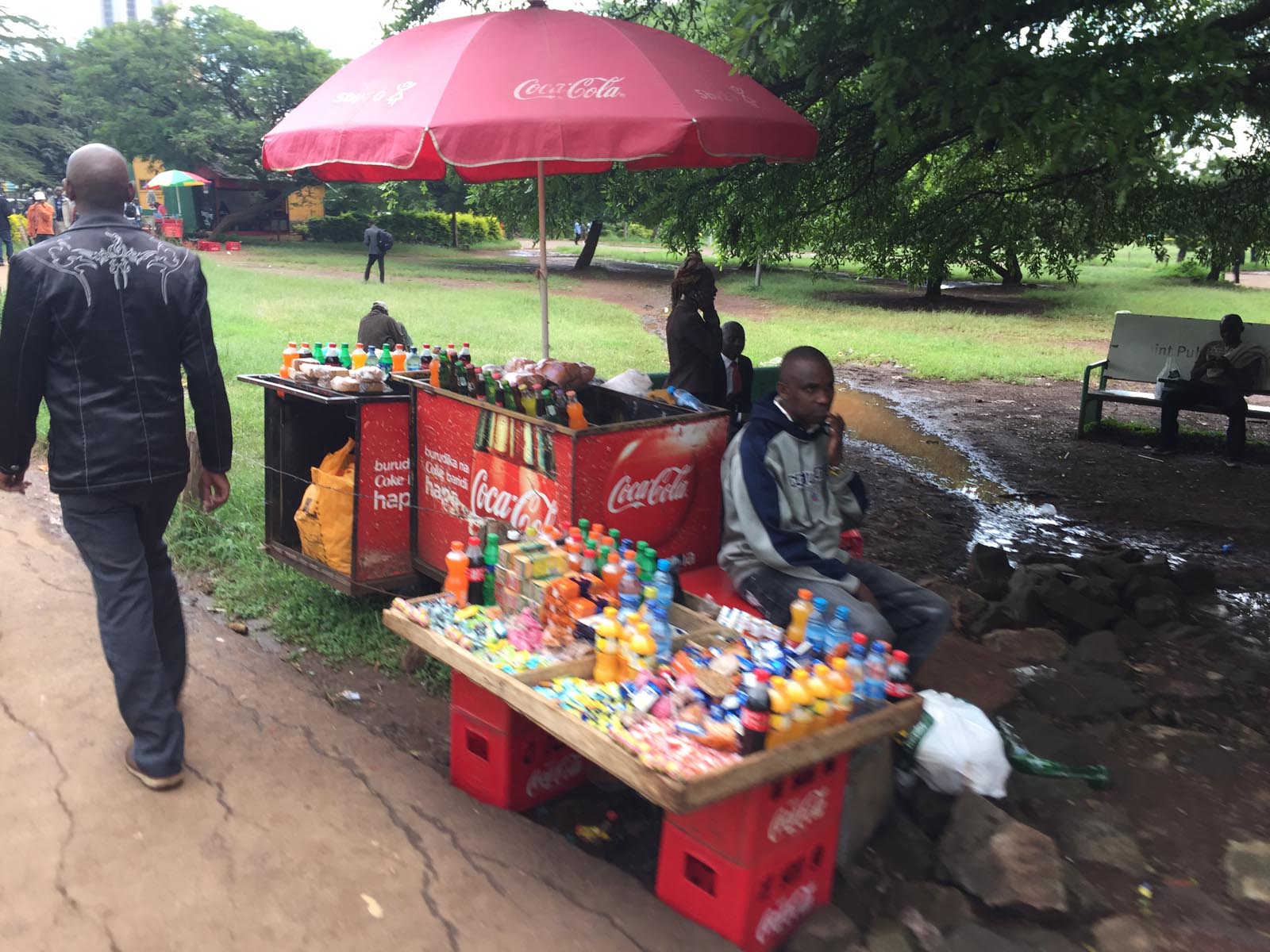
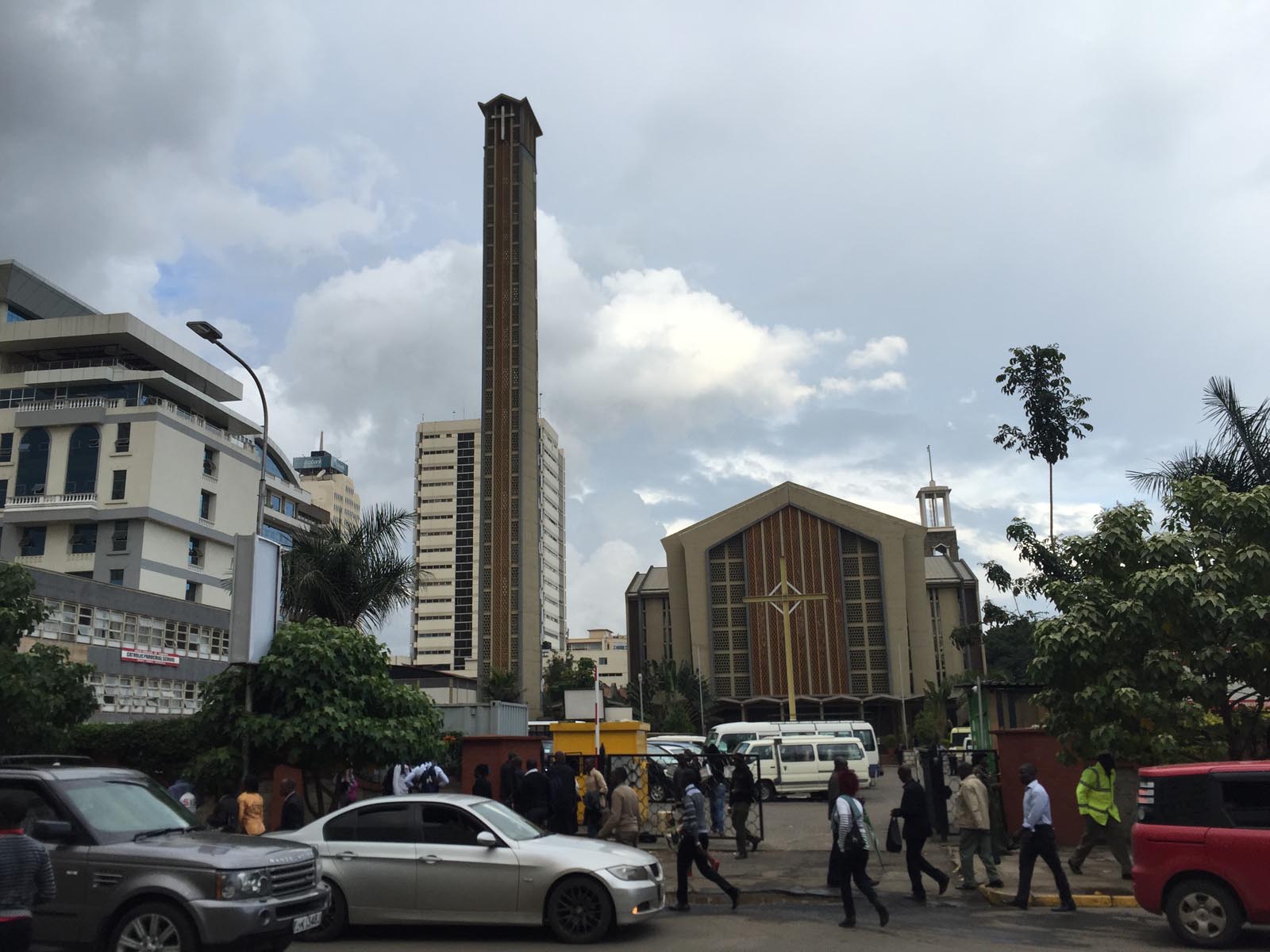
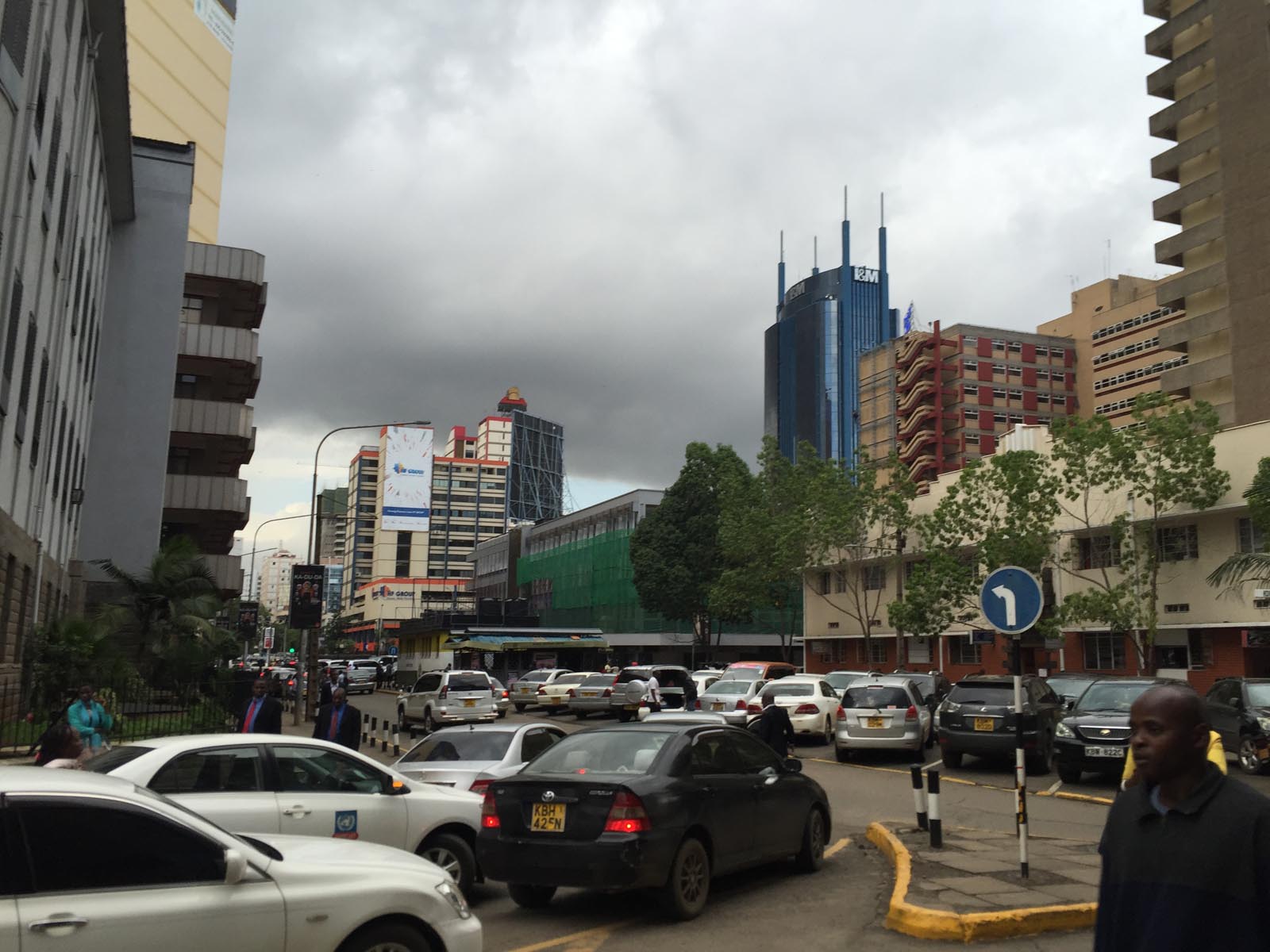
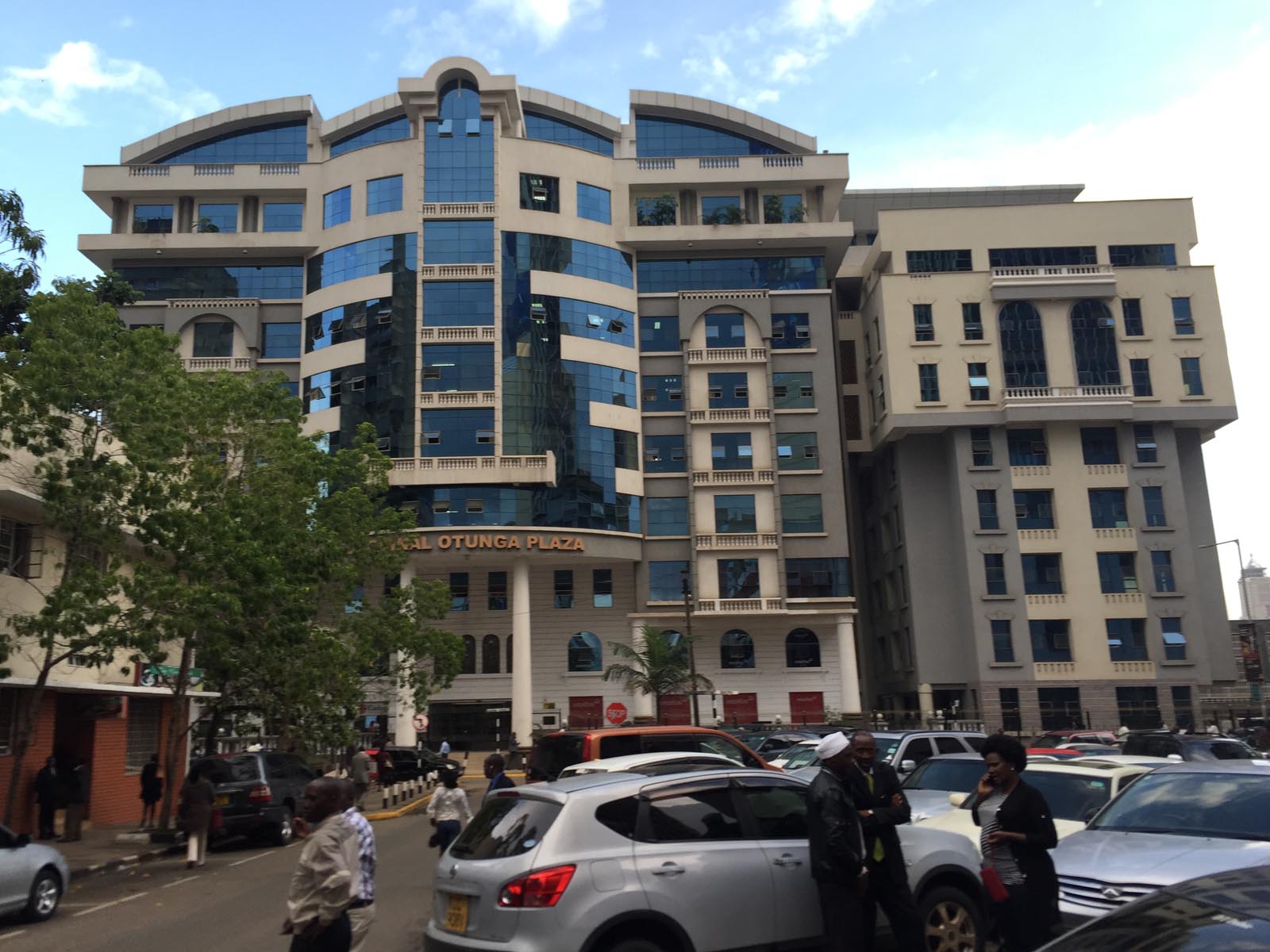
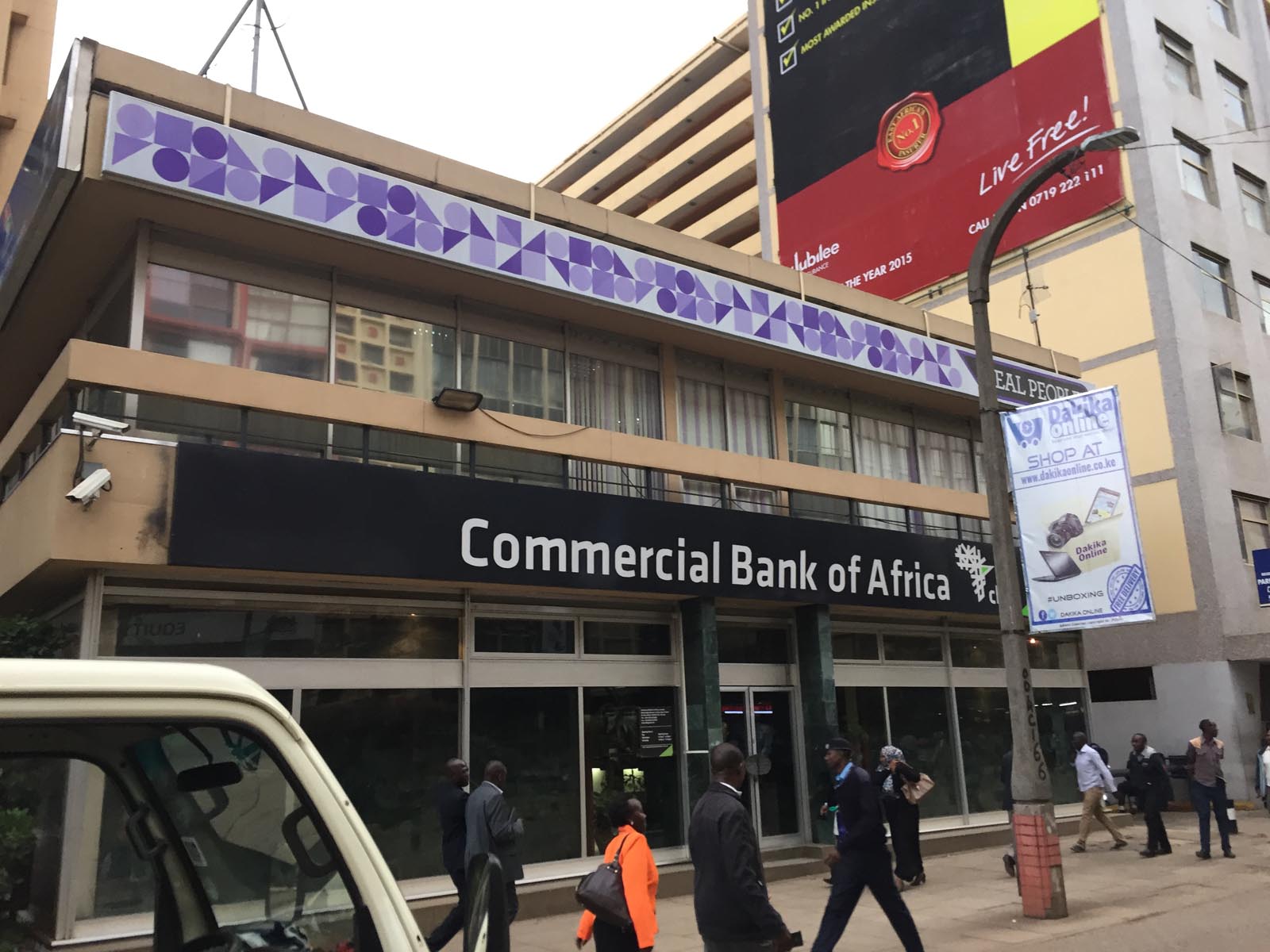
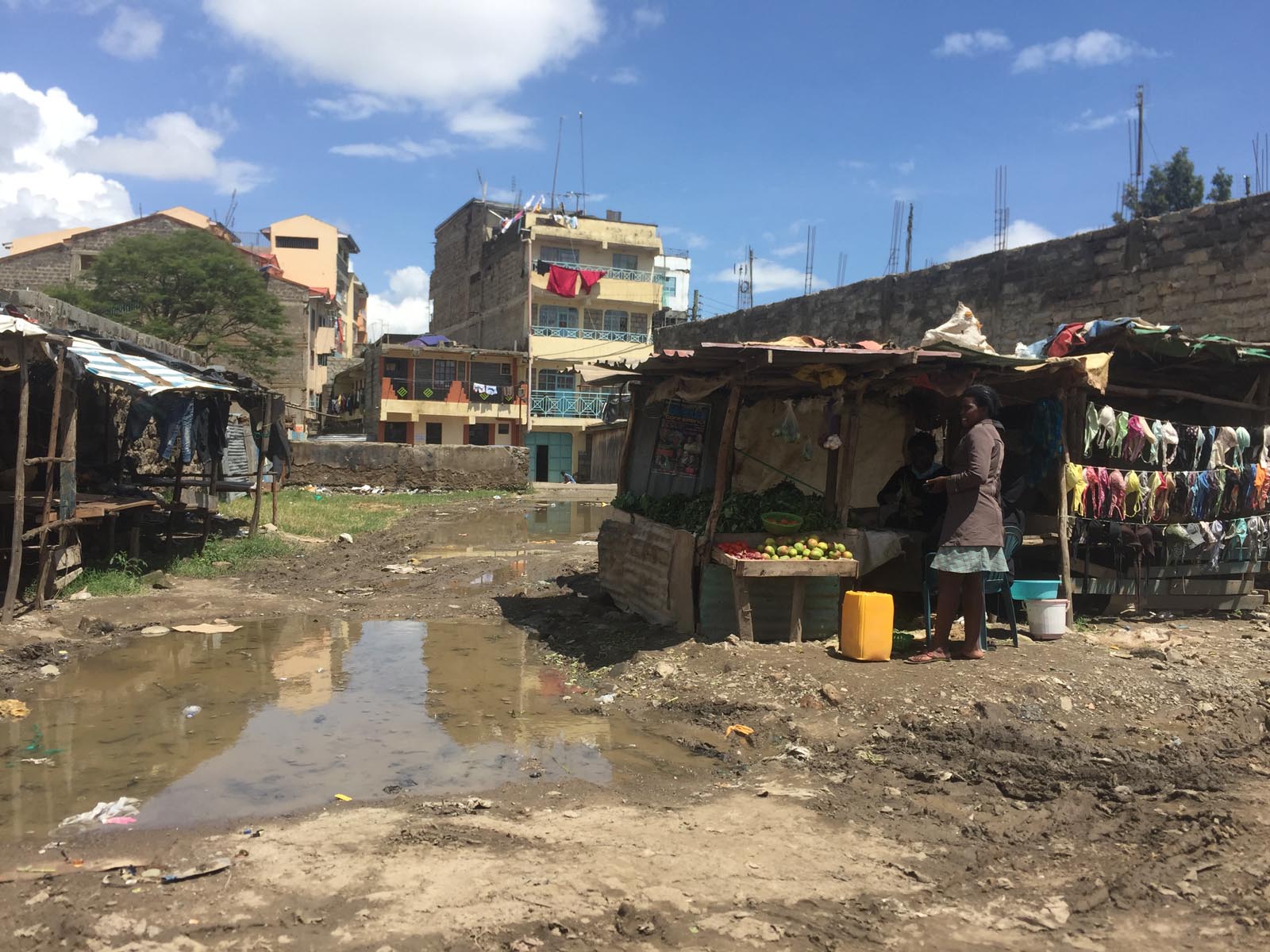
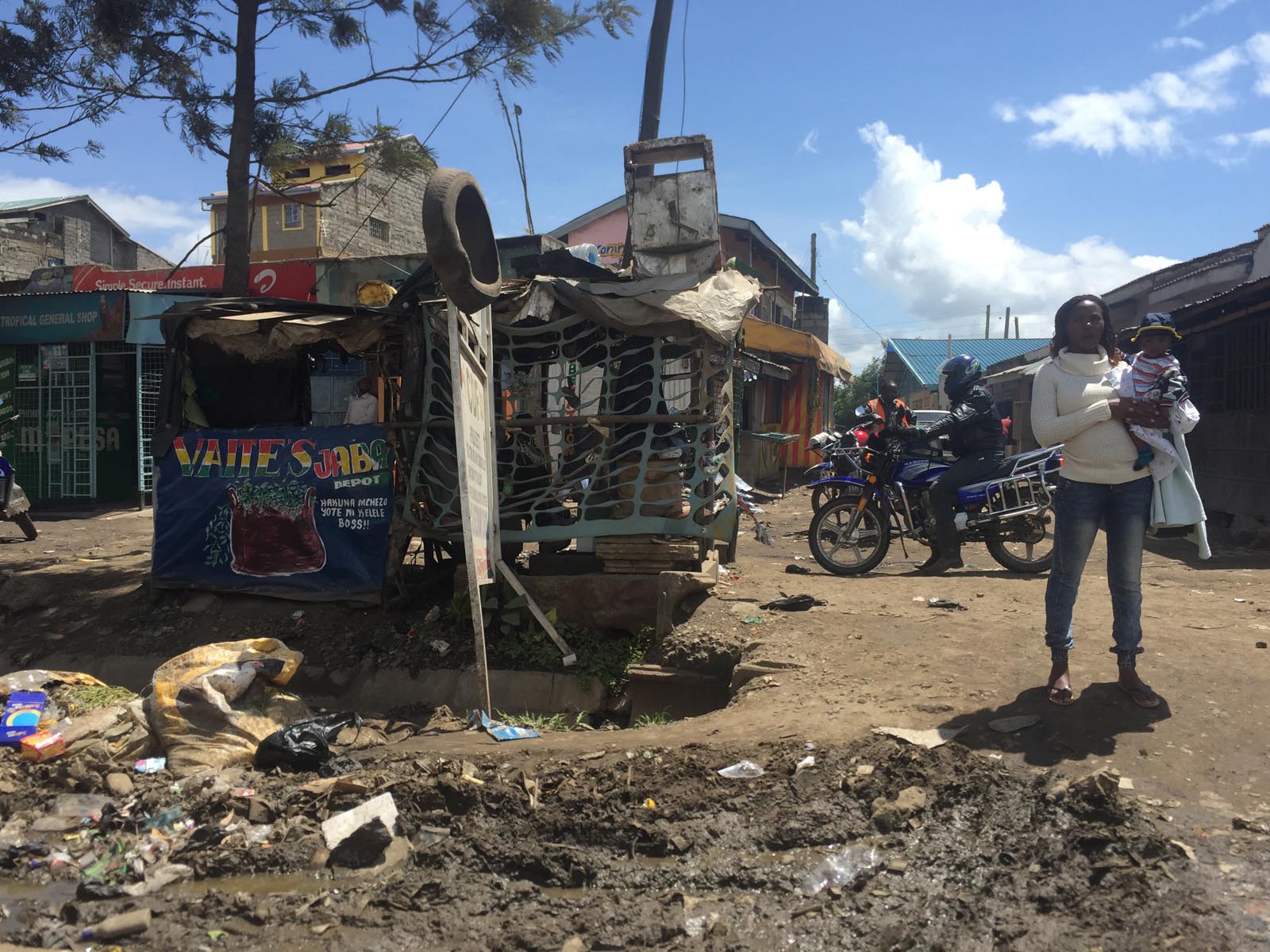
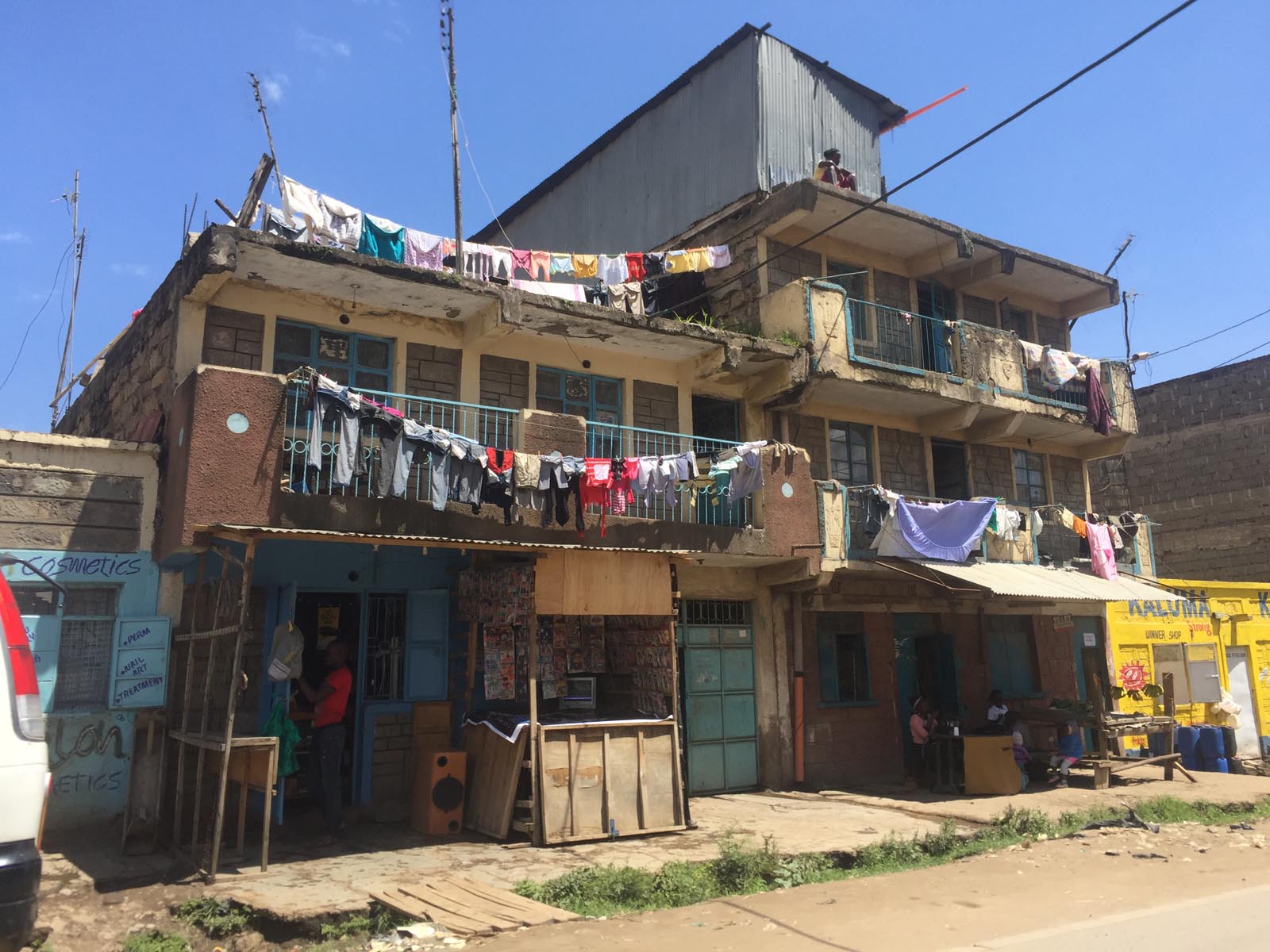
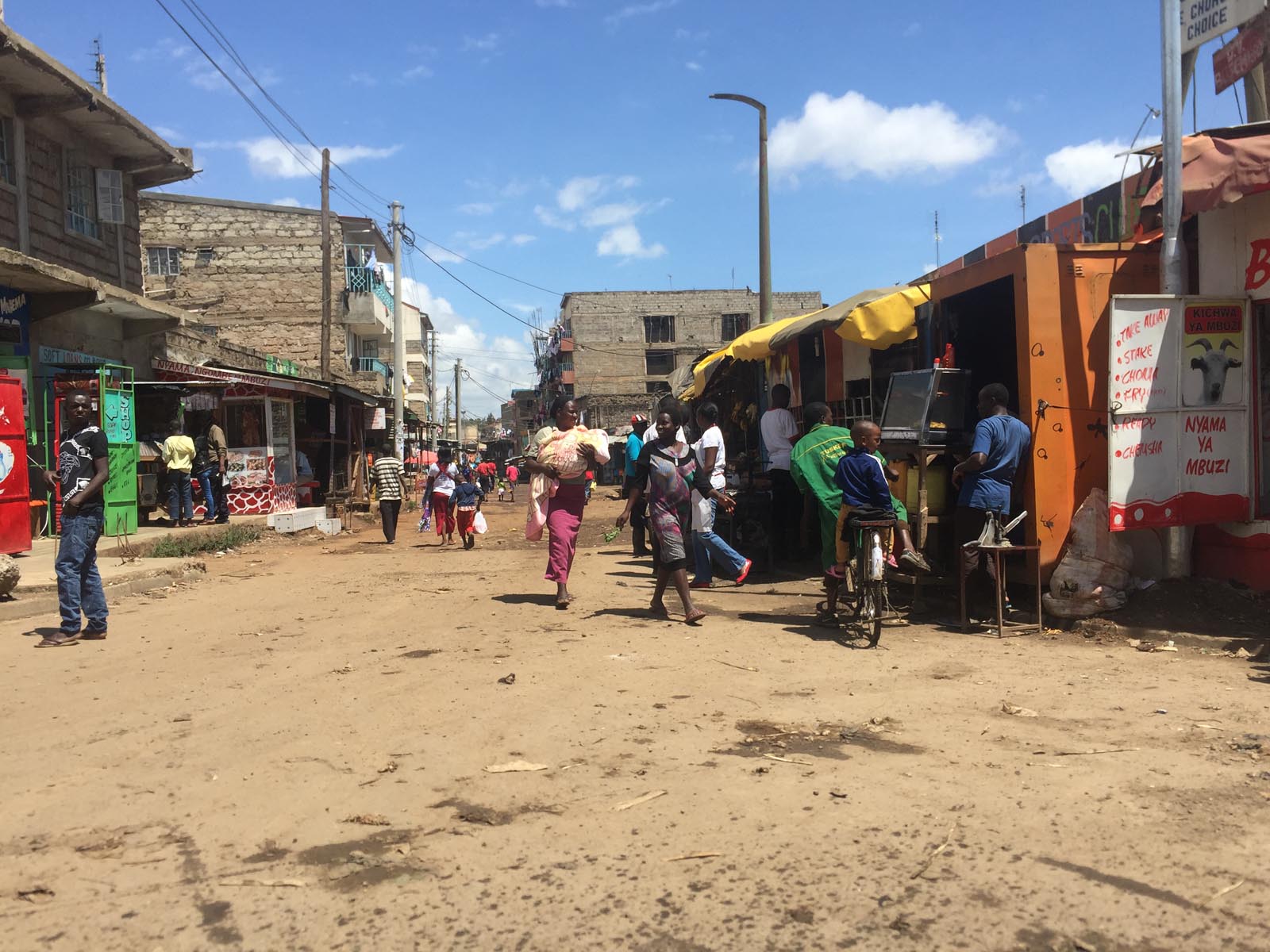
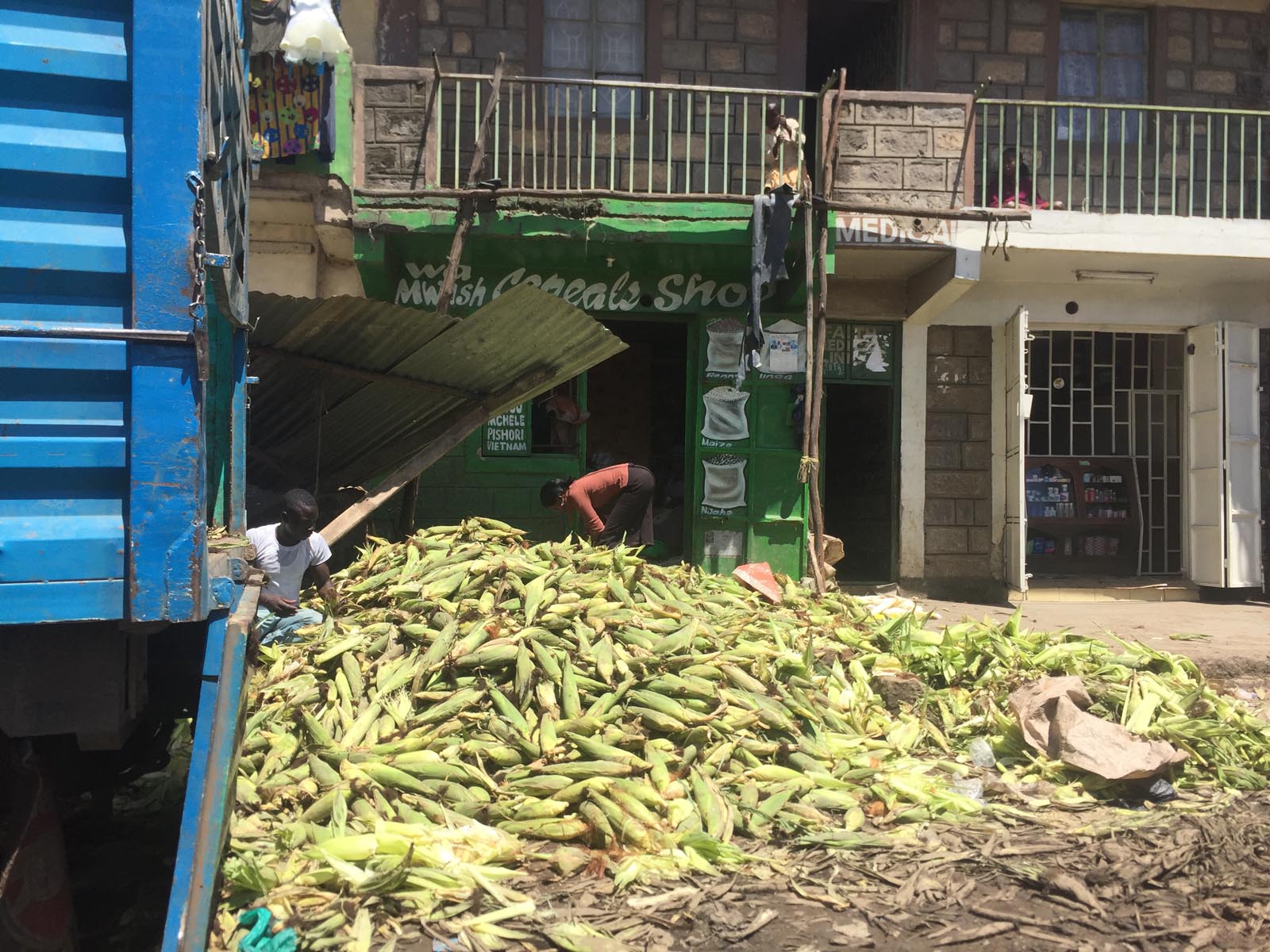
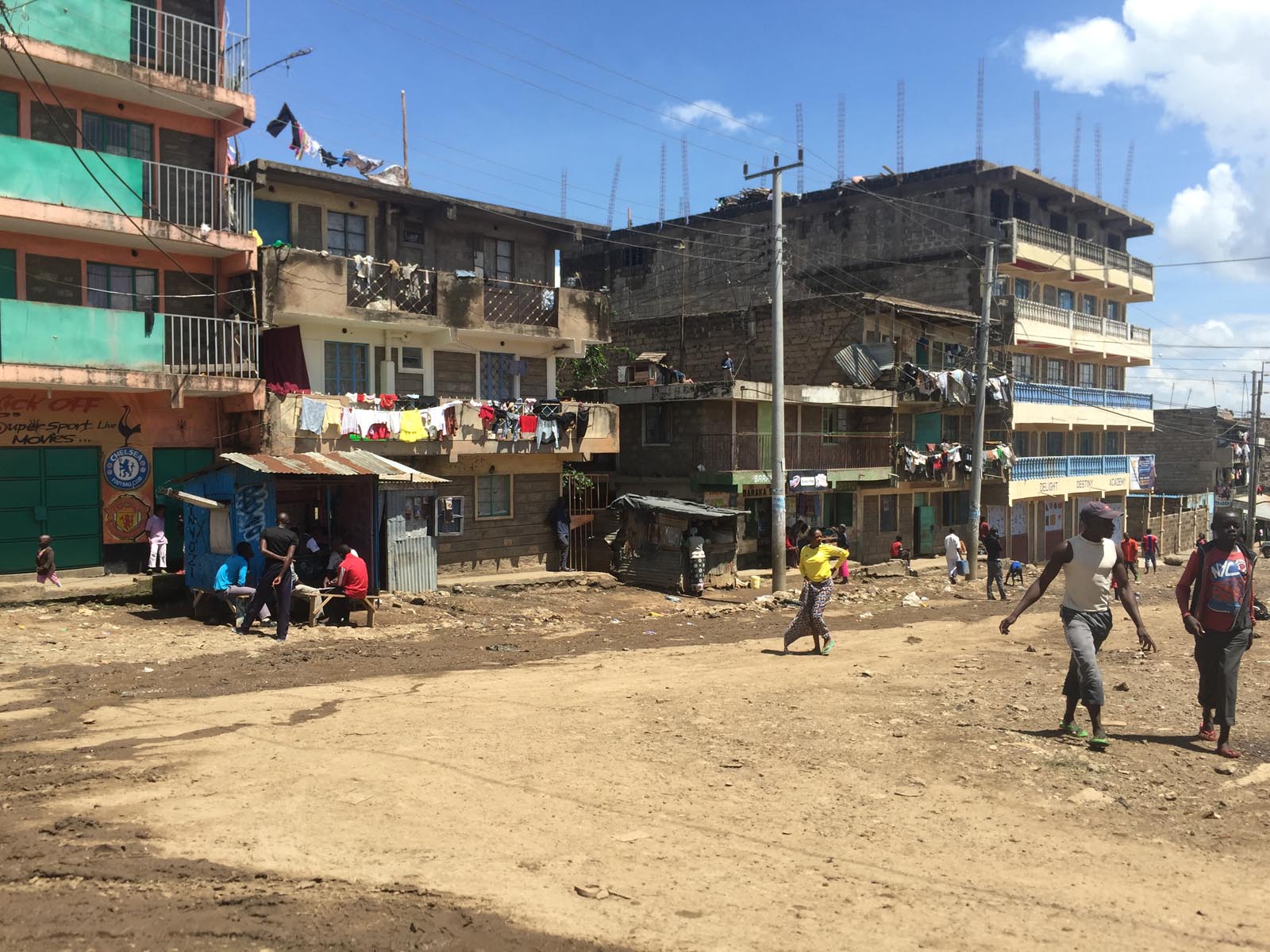
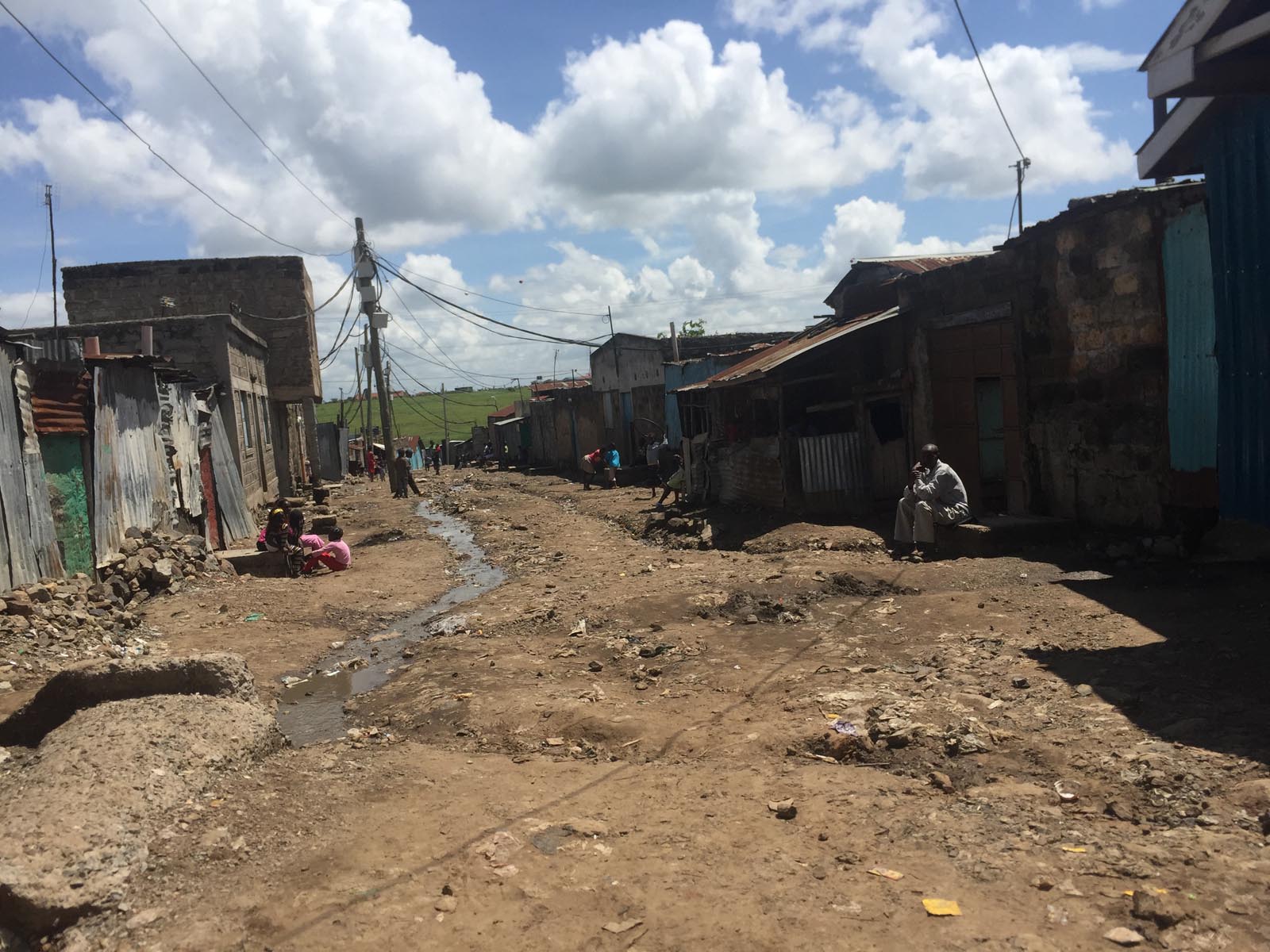
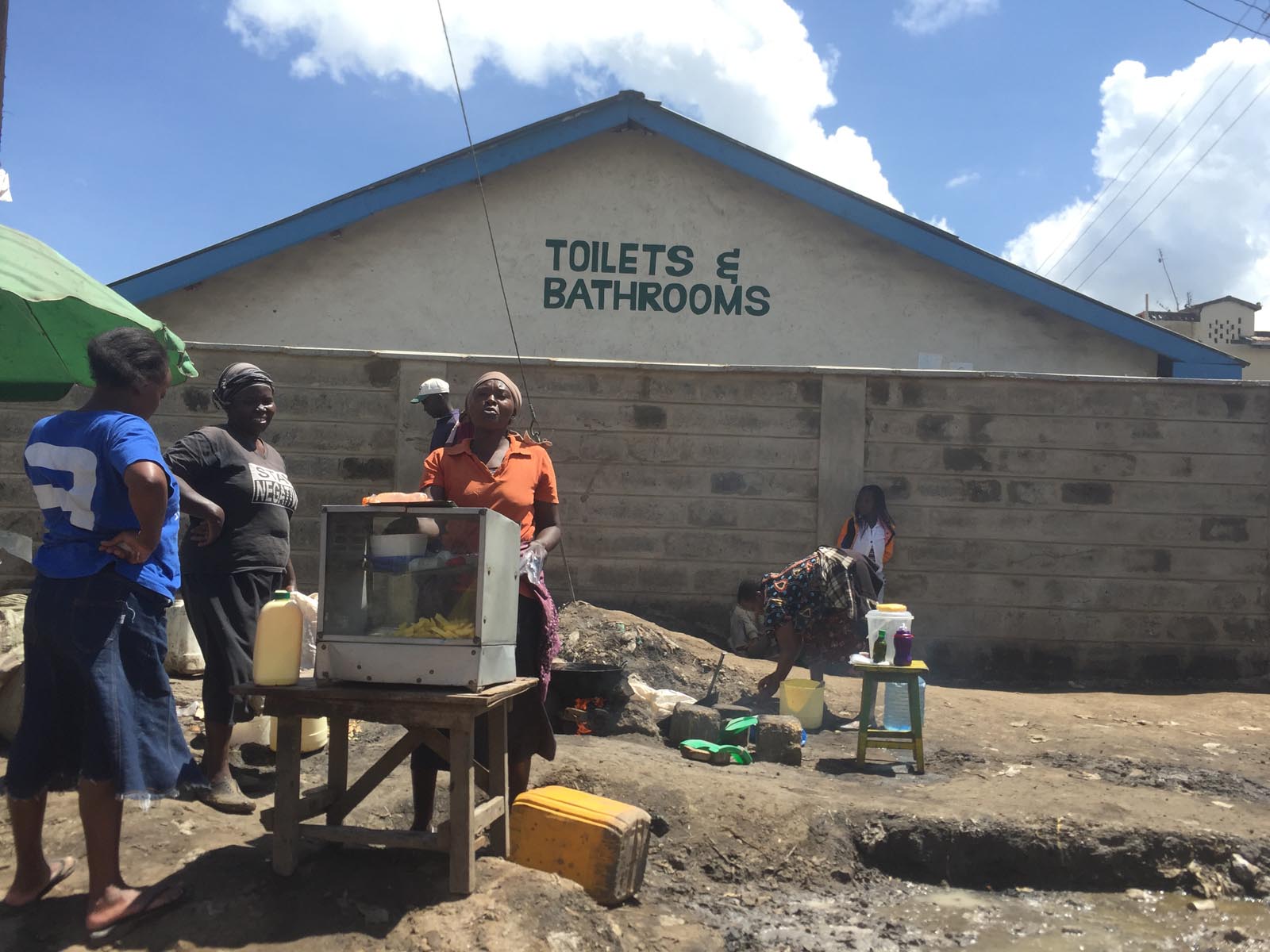
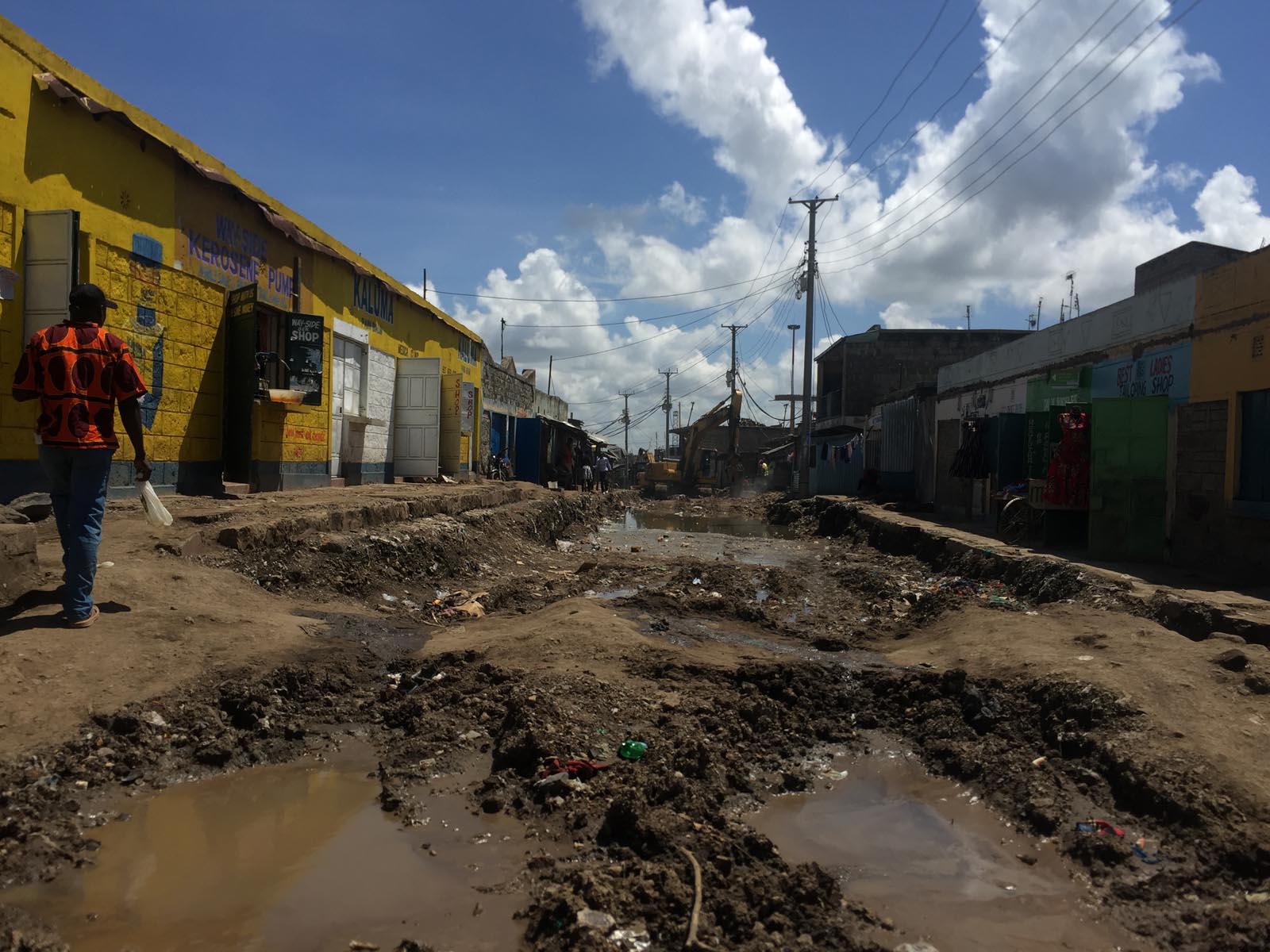
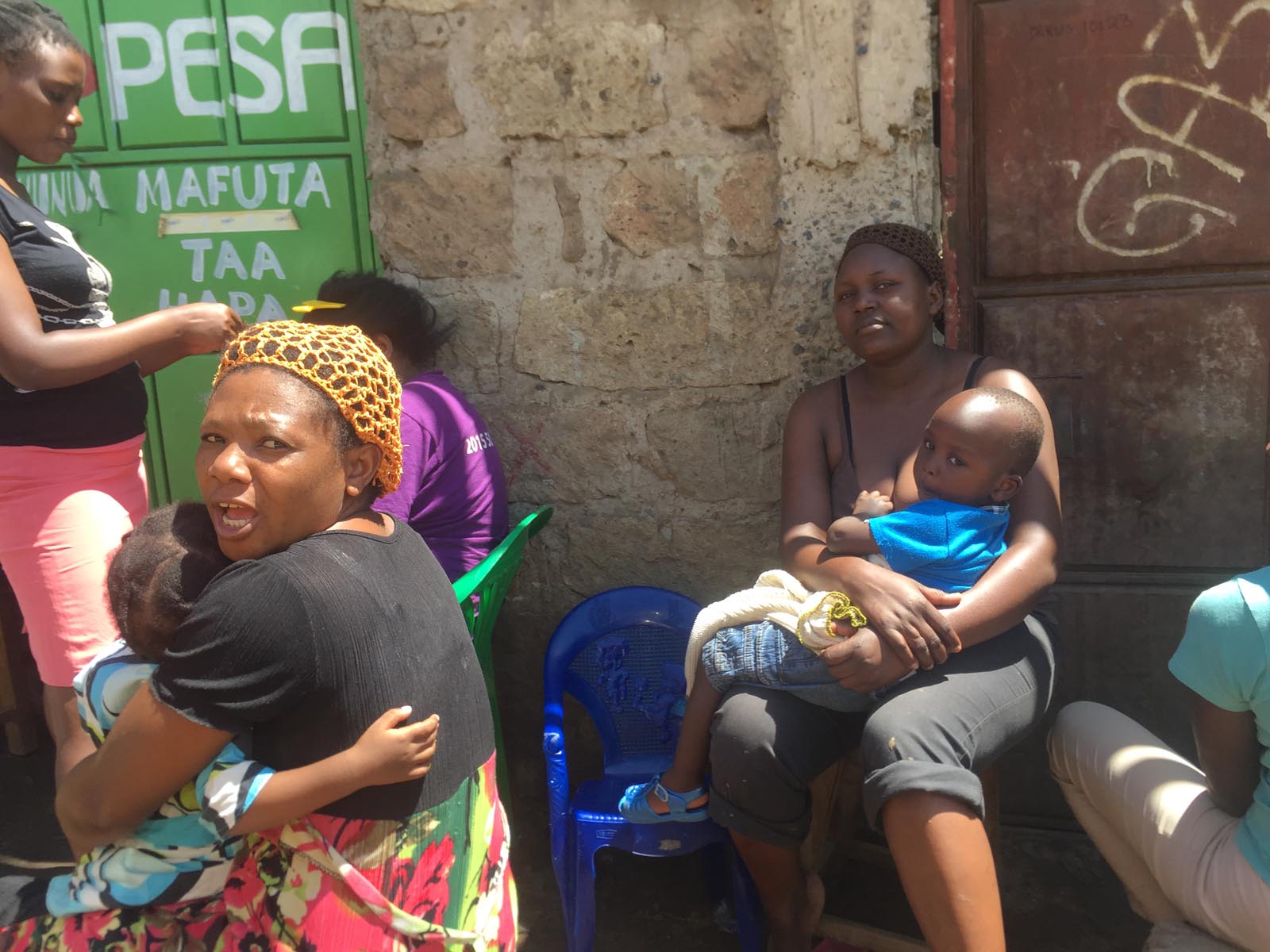
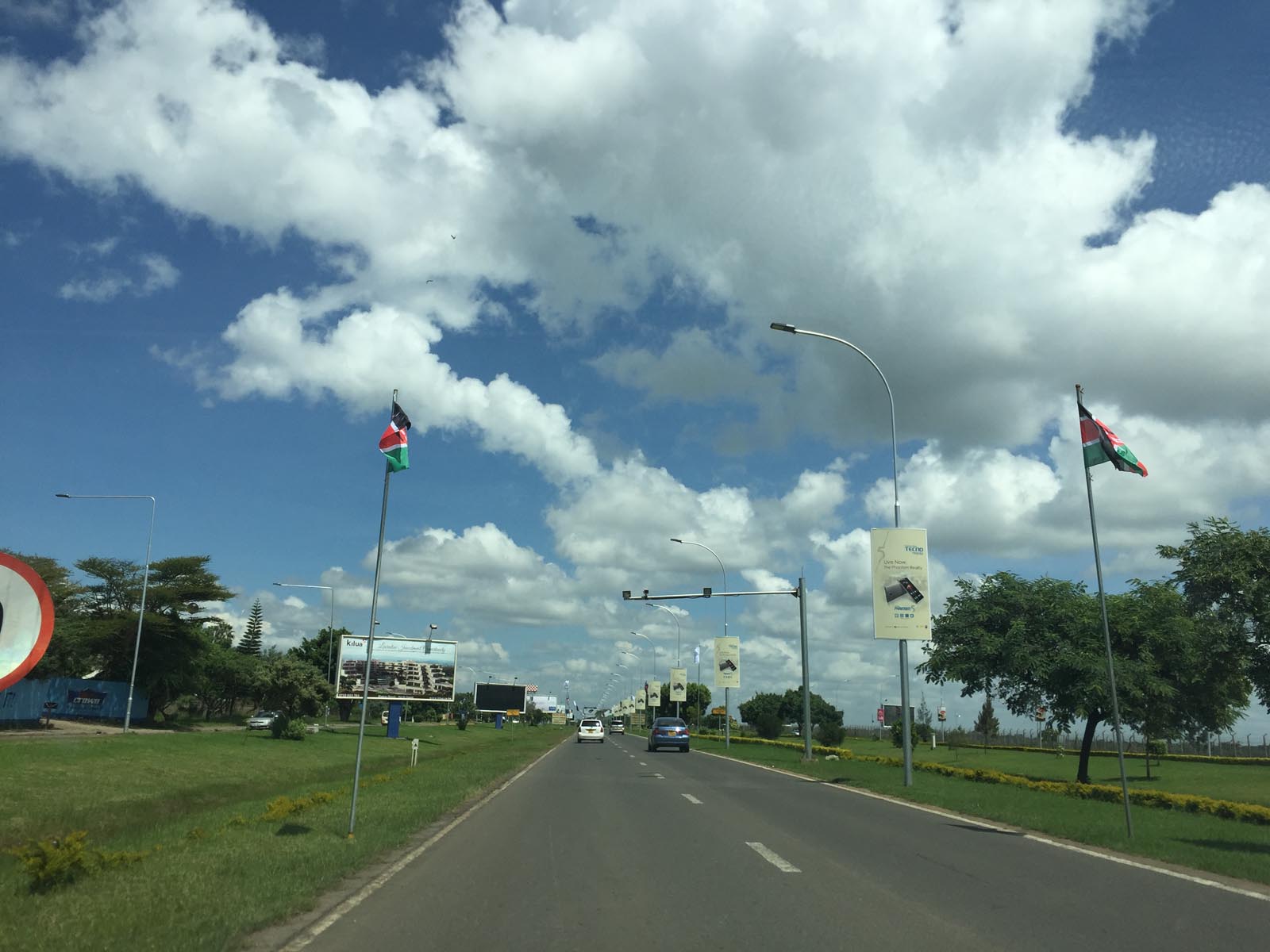

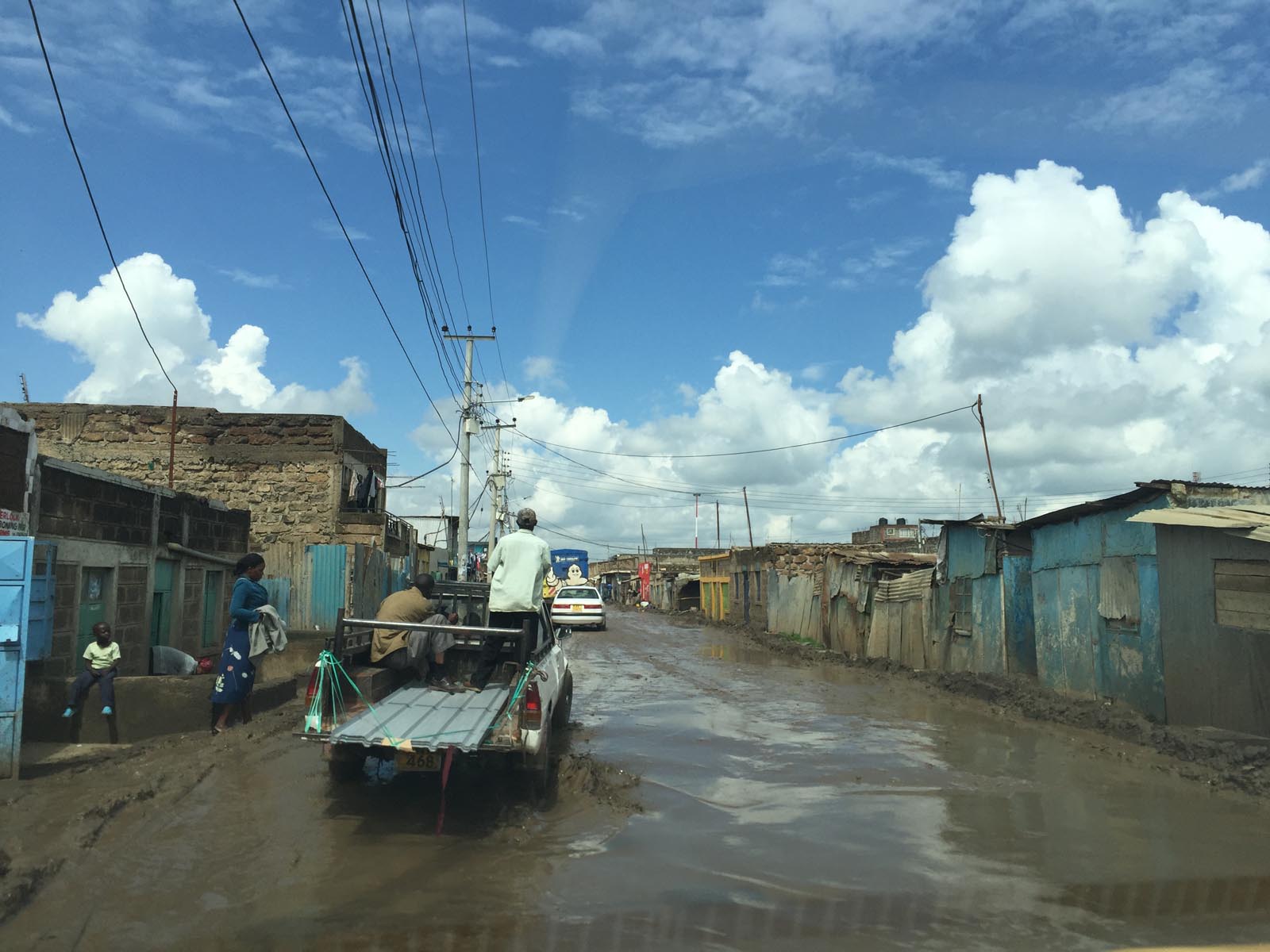
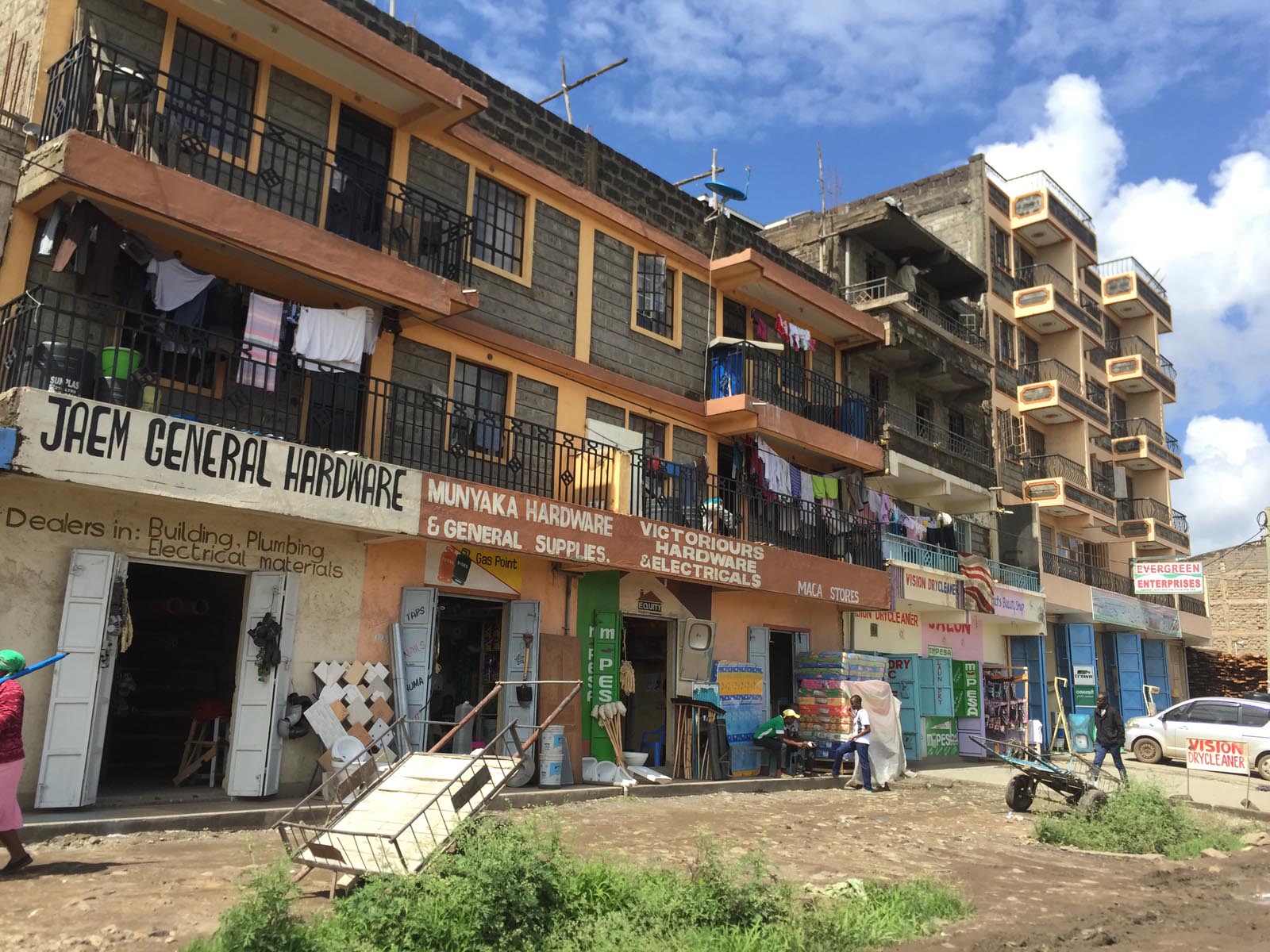
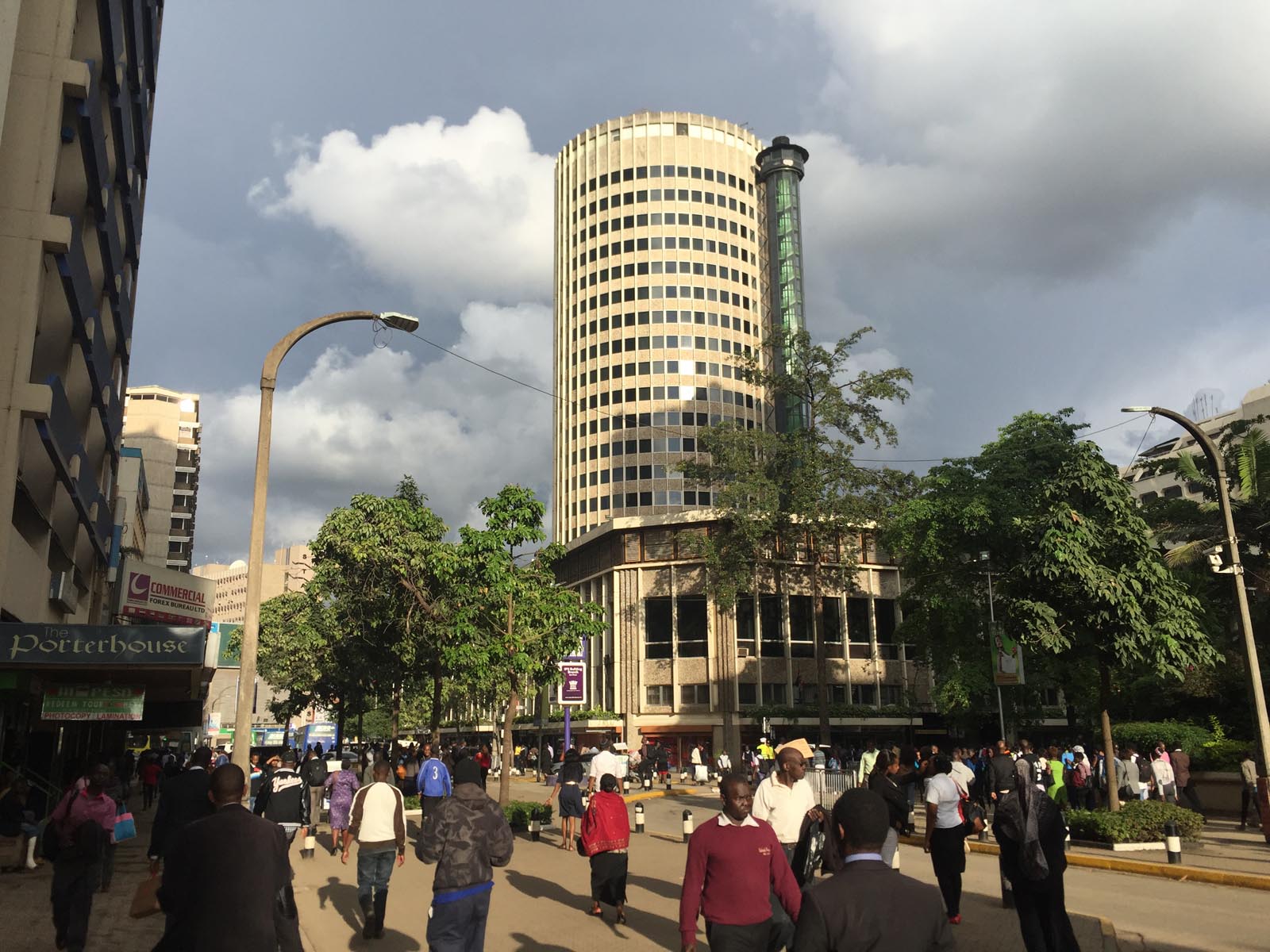

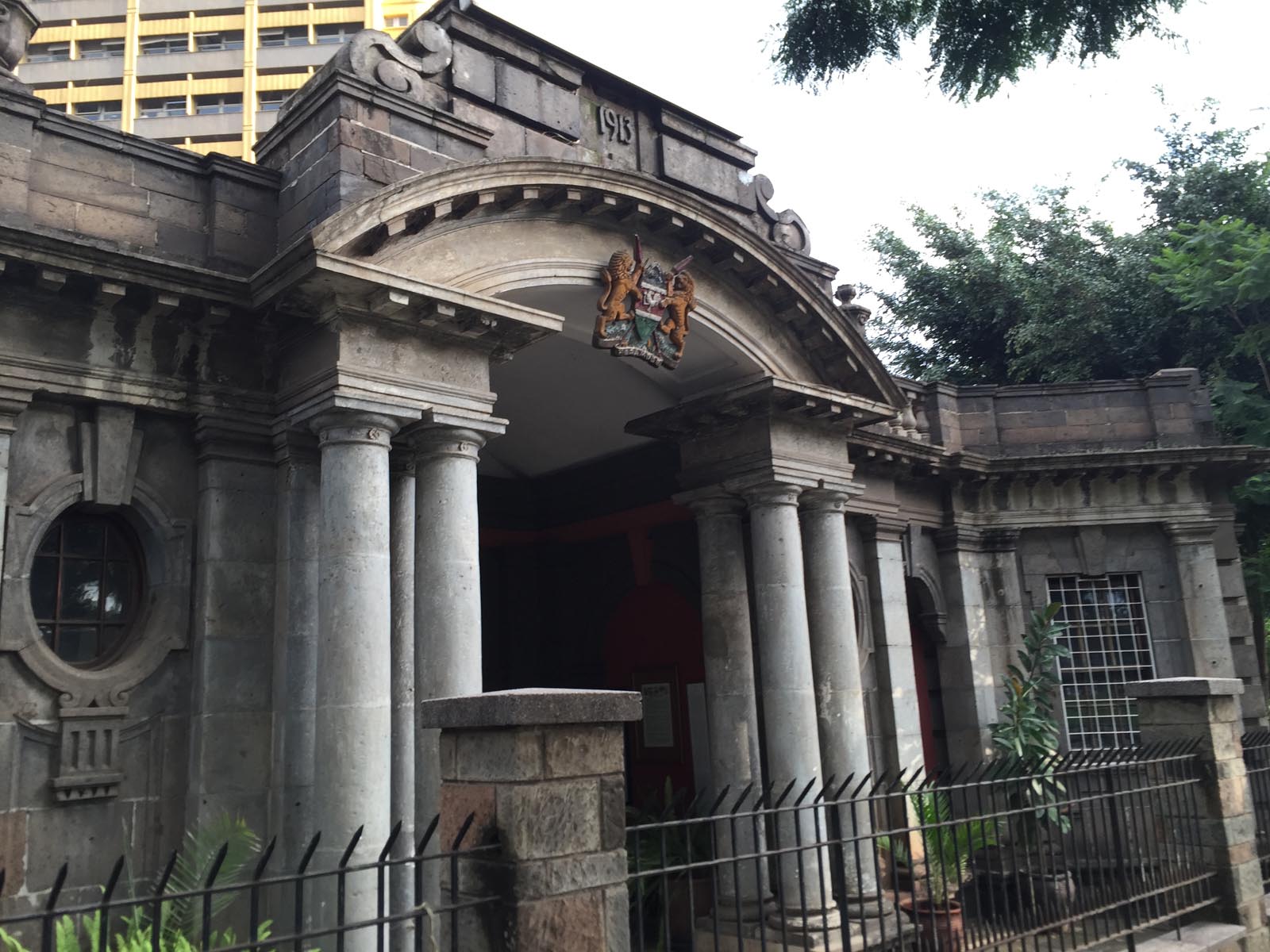
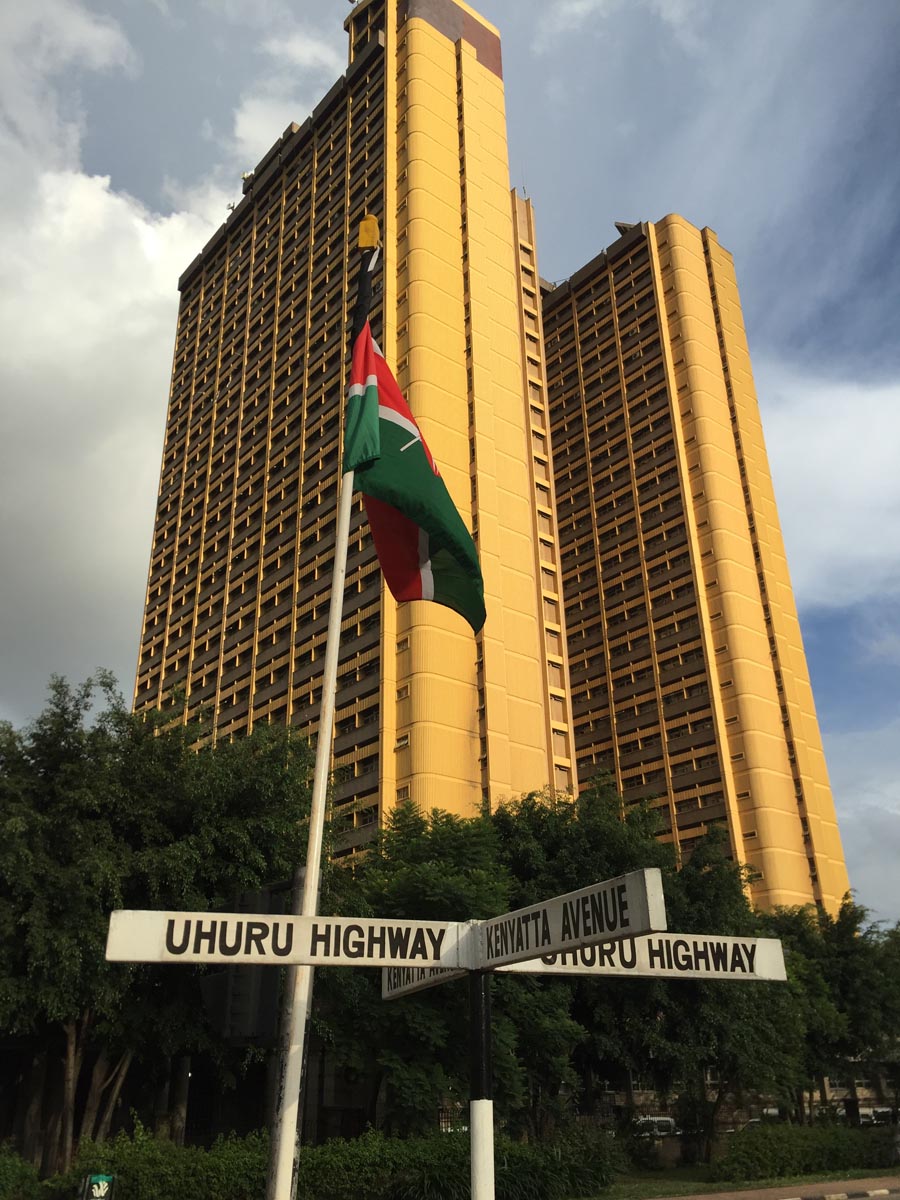
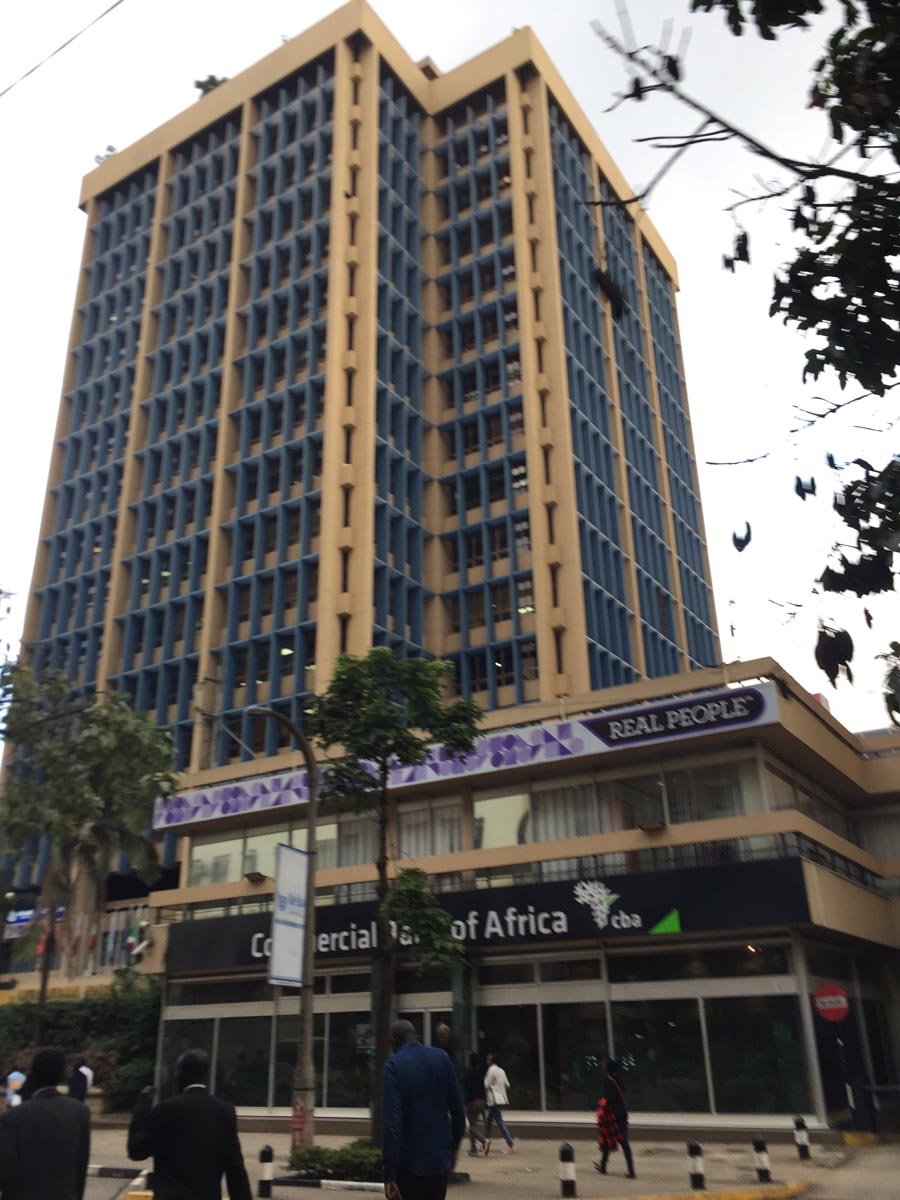
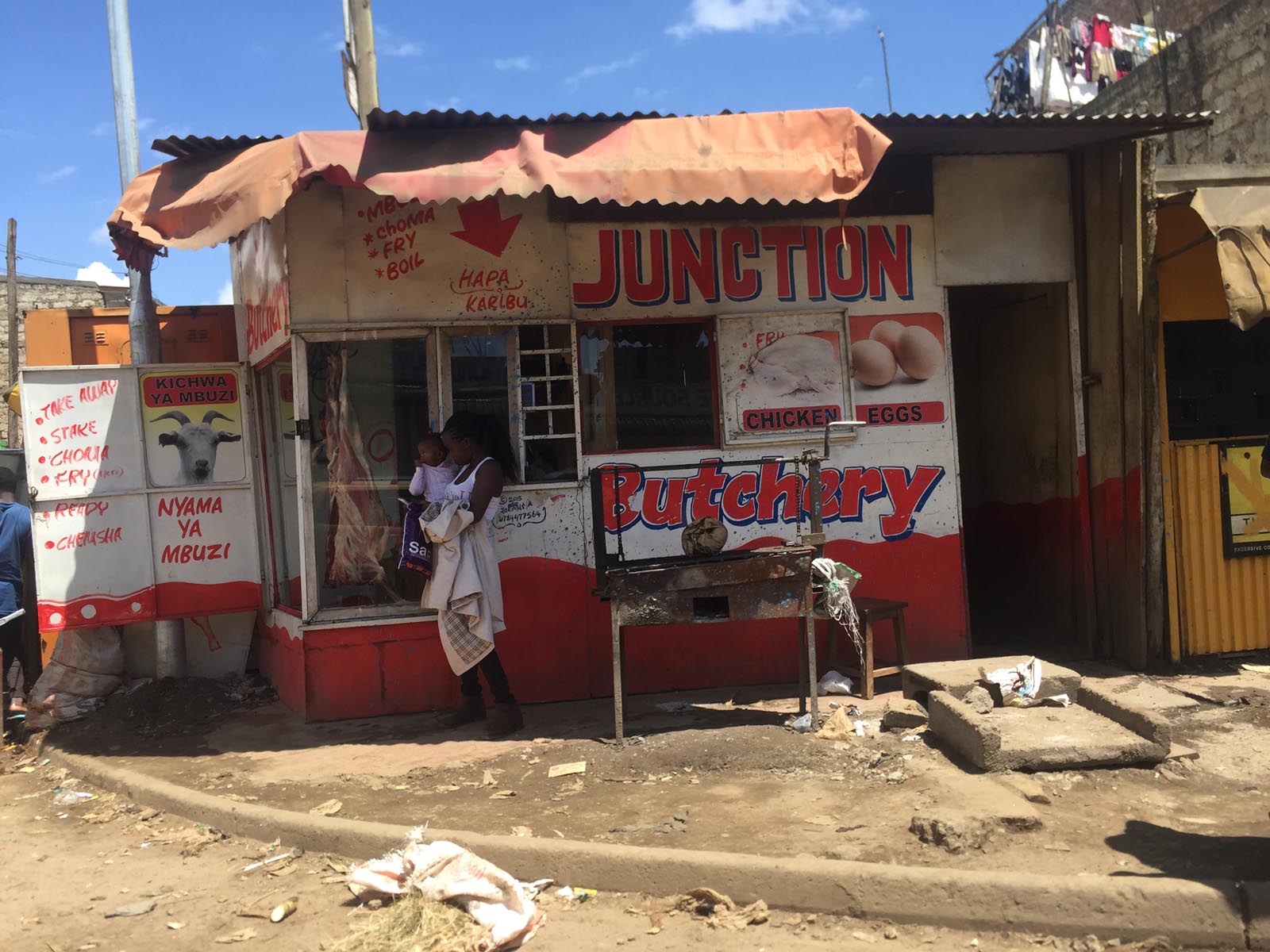
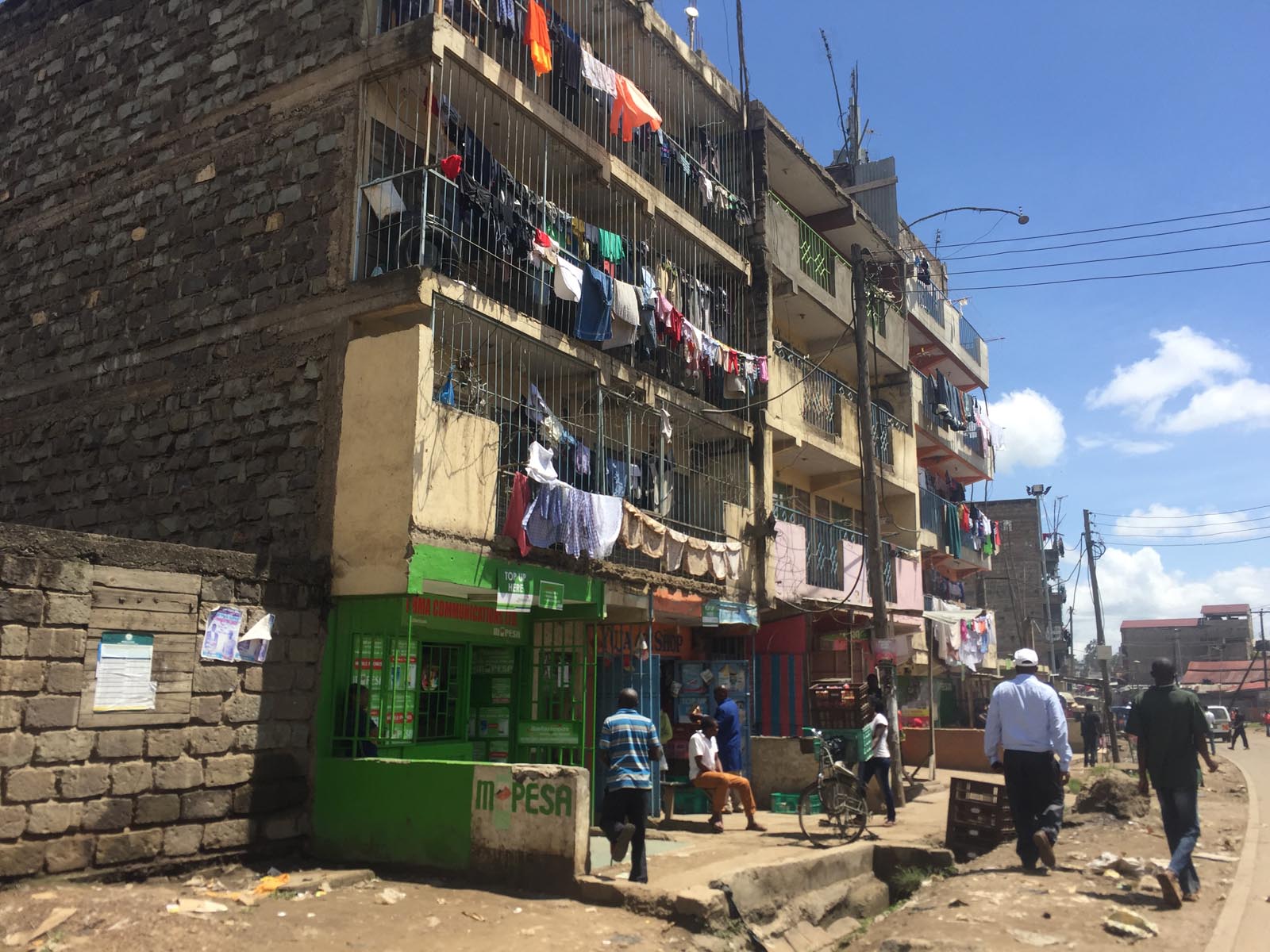
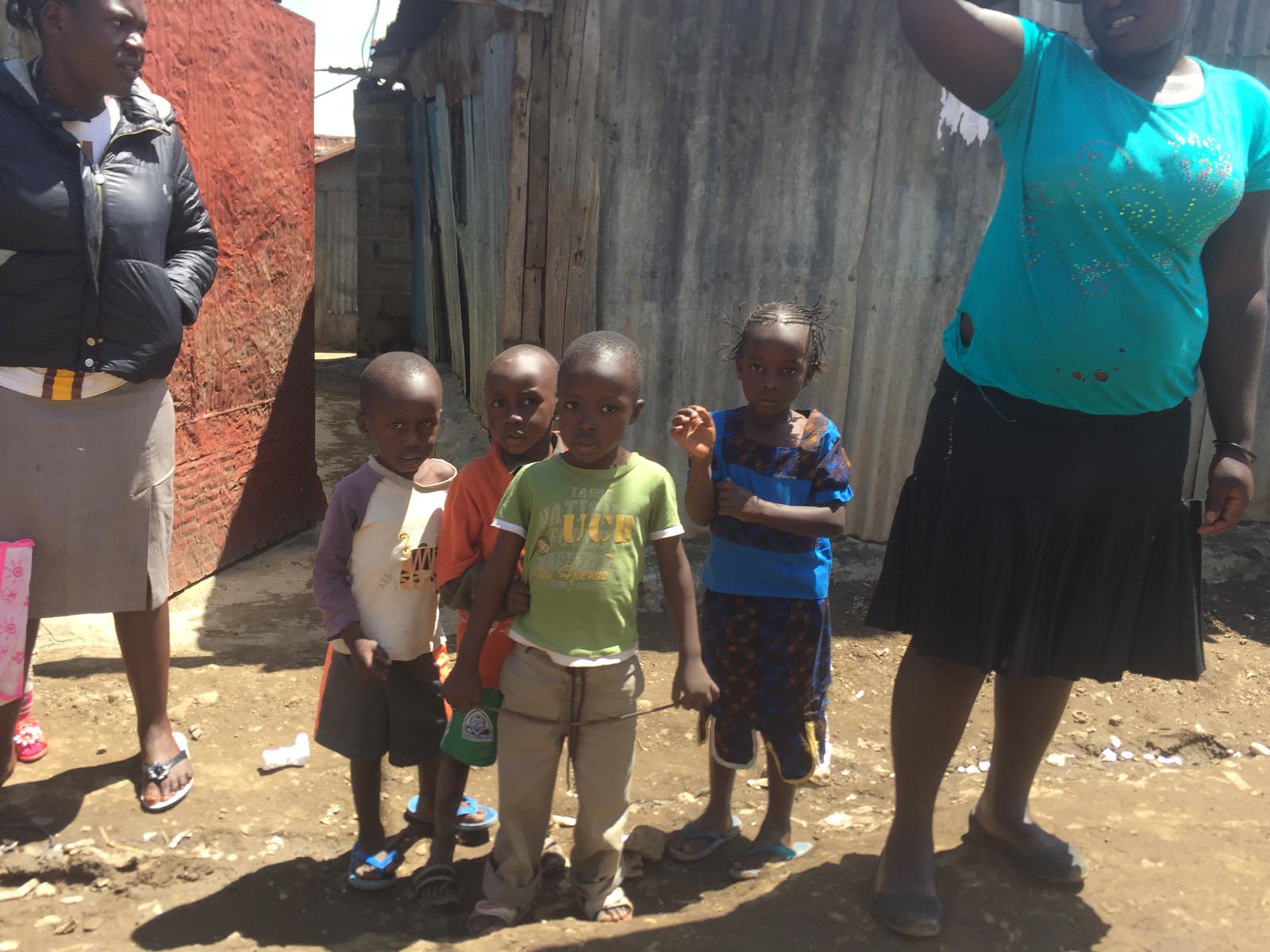
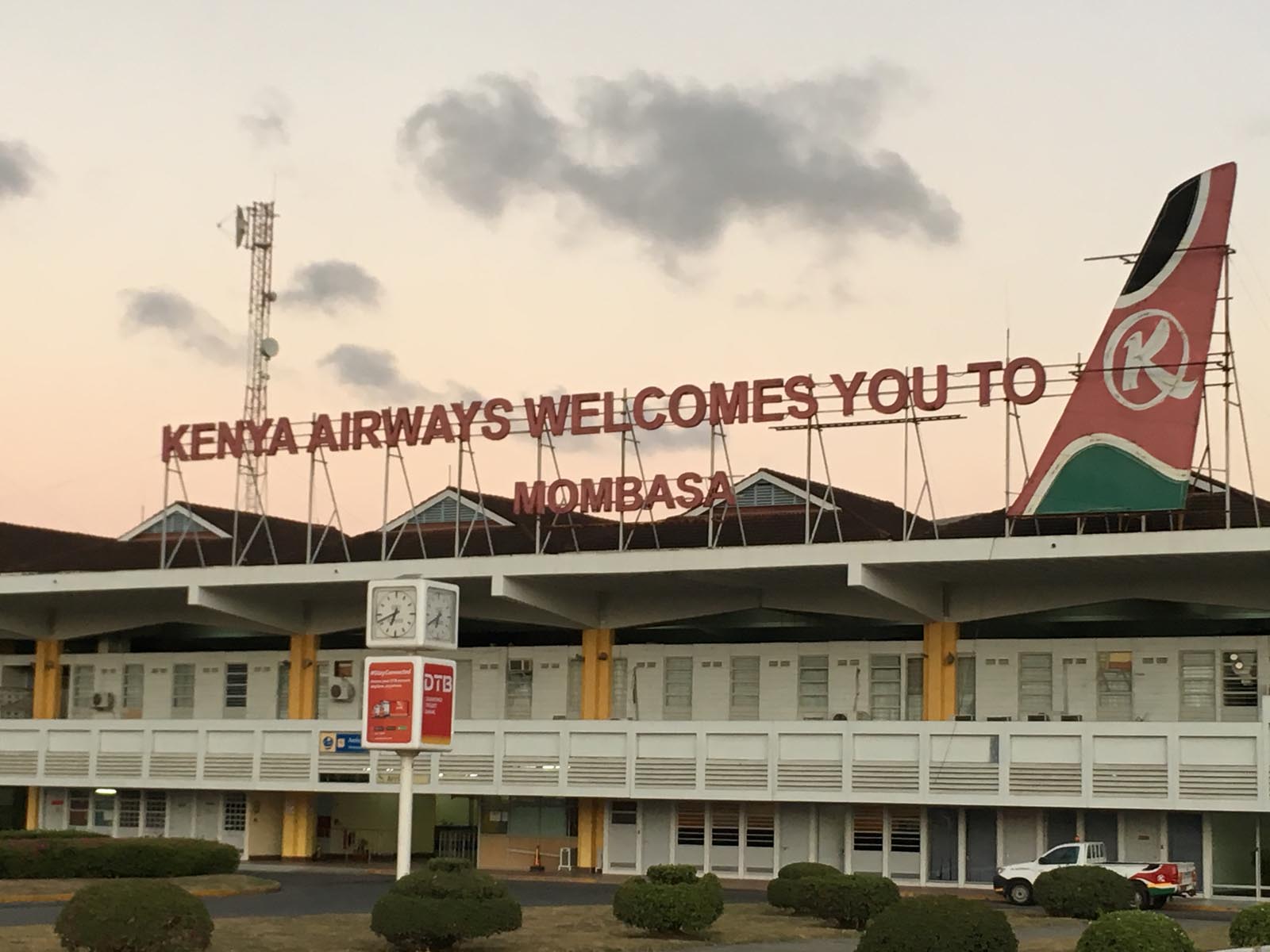
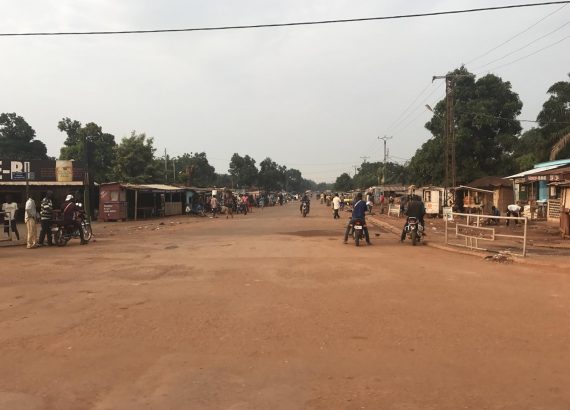
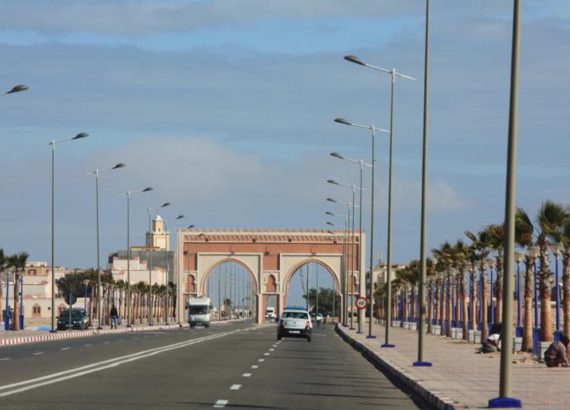
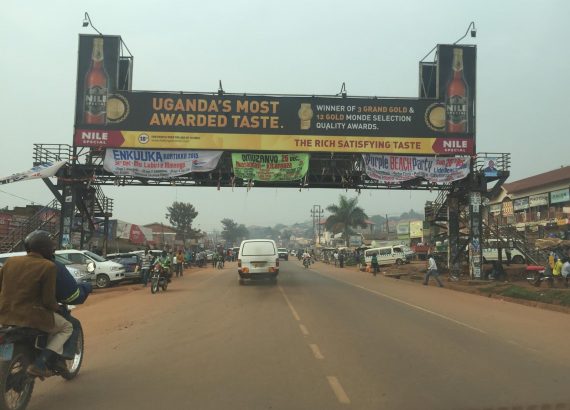
No Comments